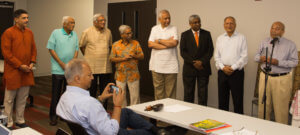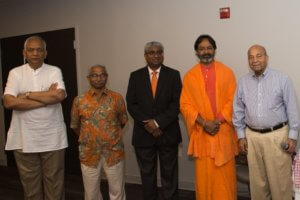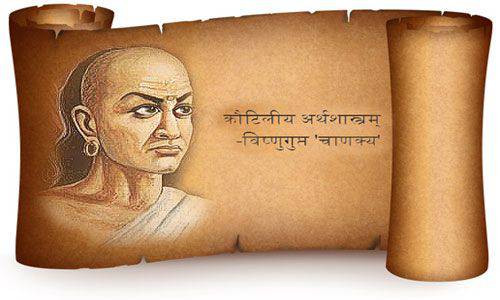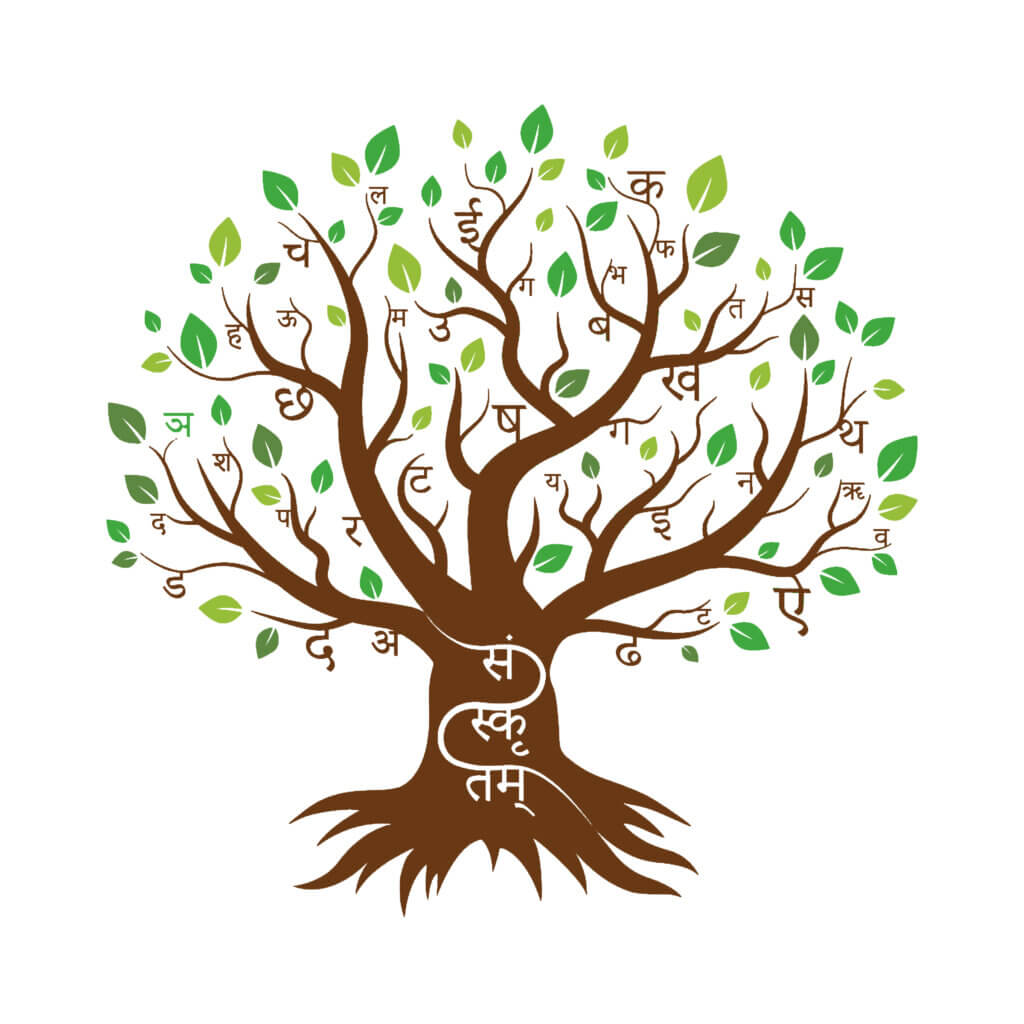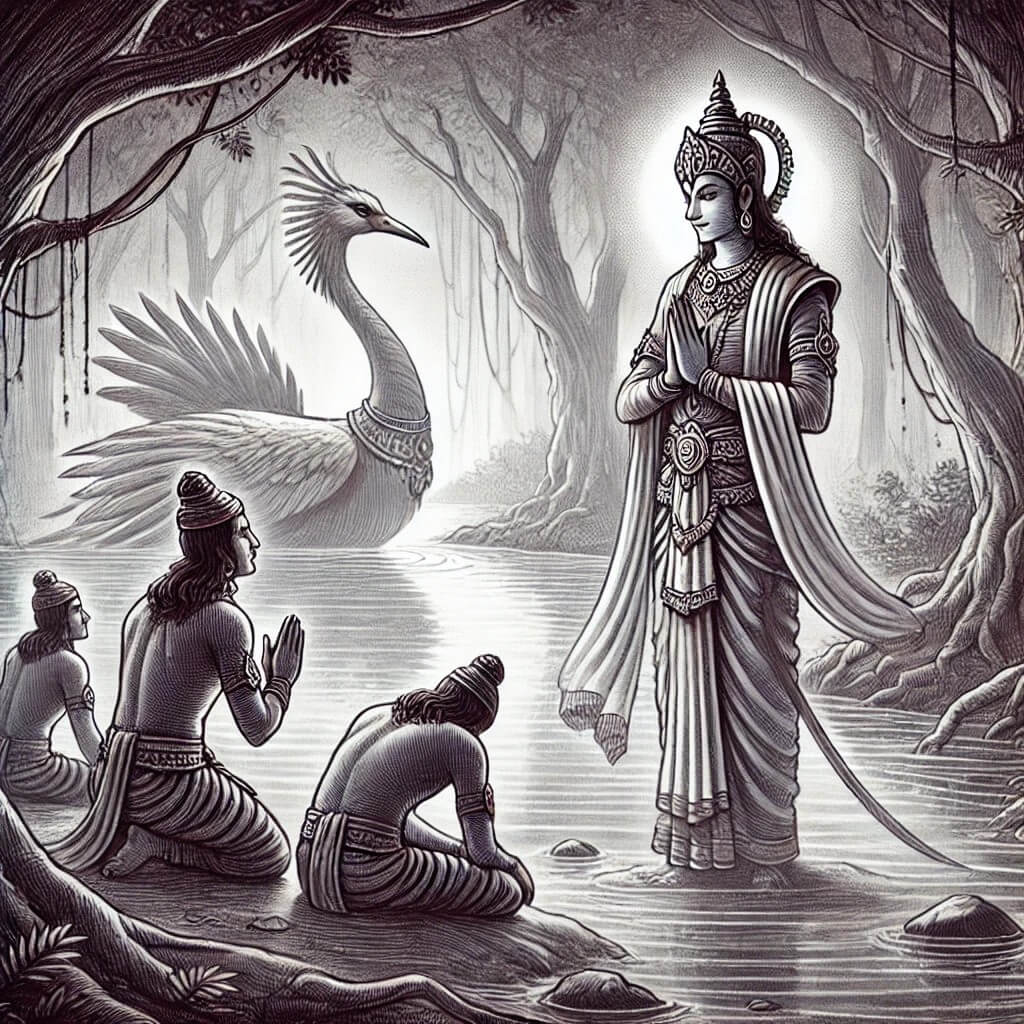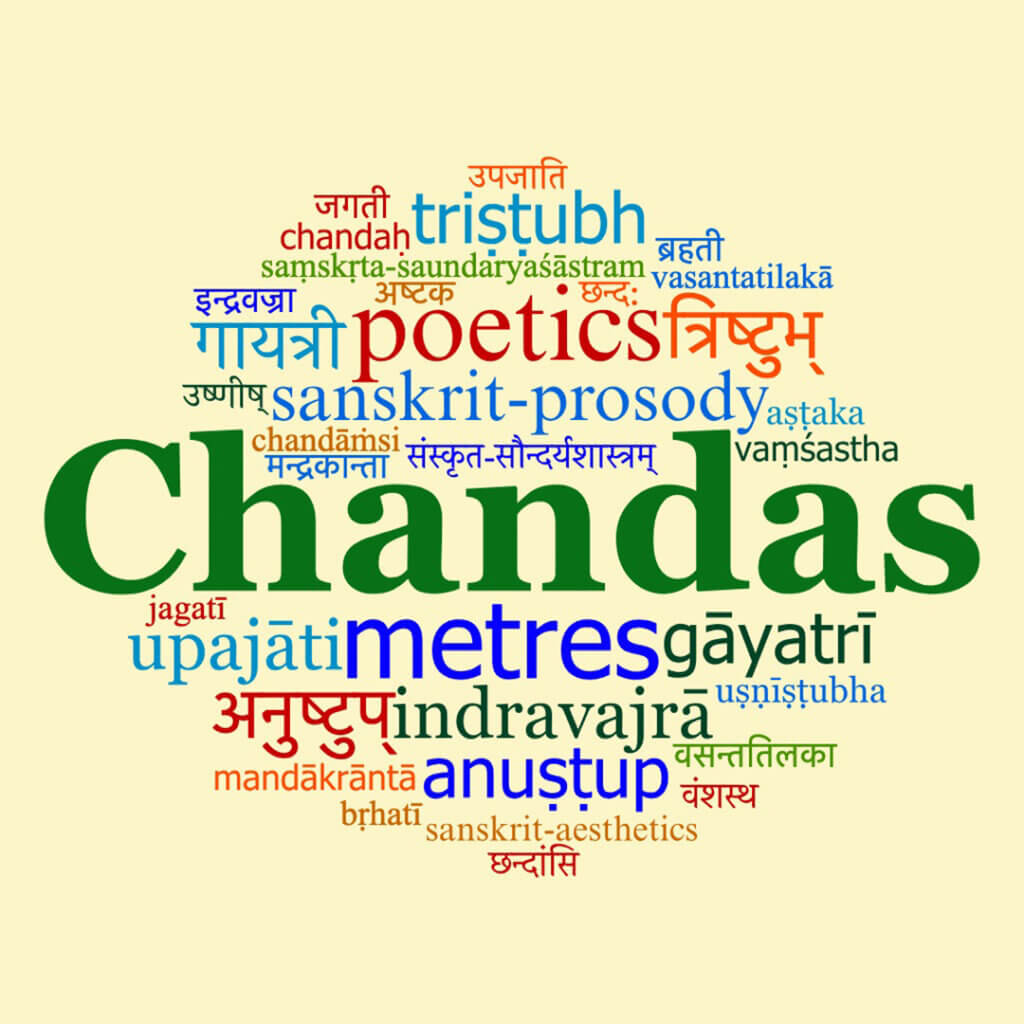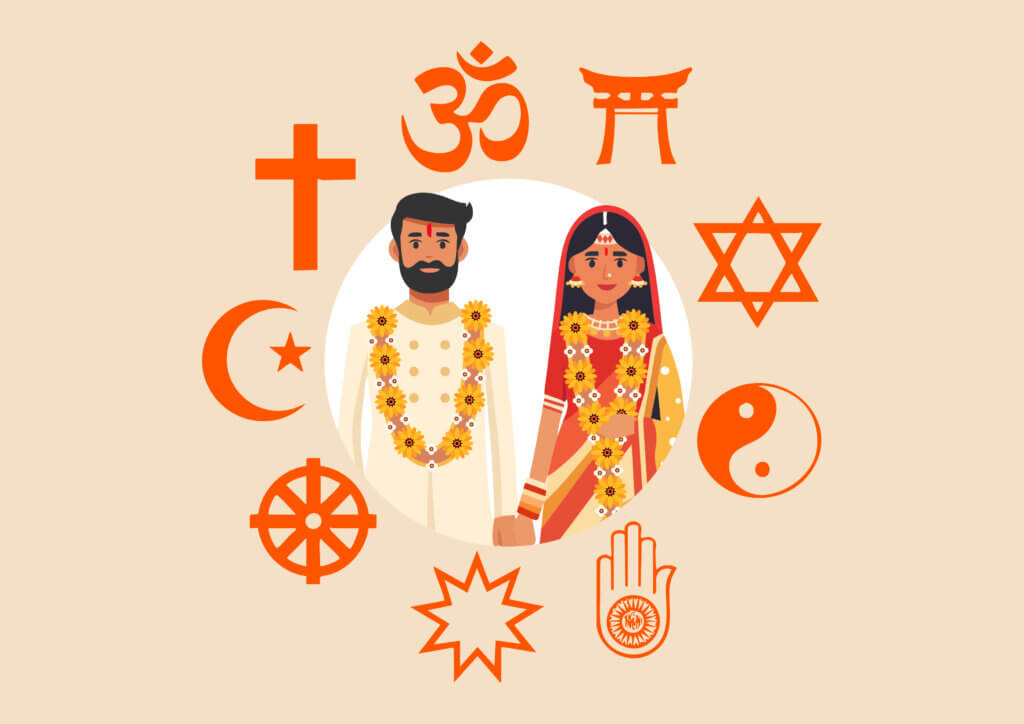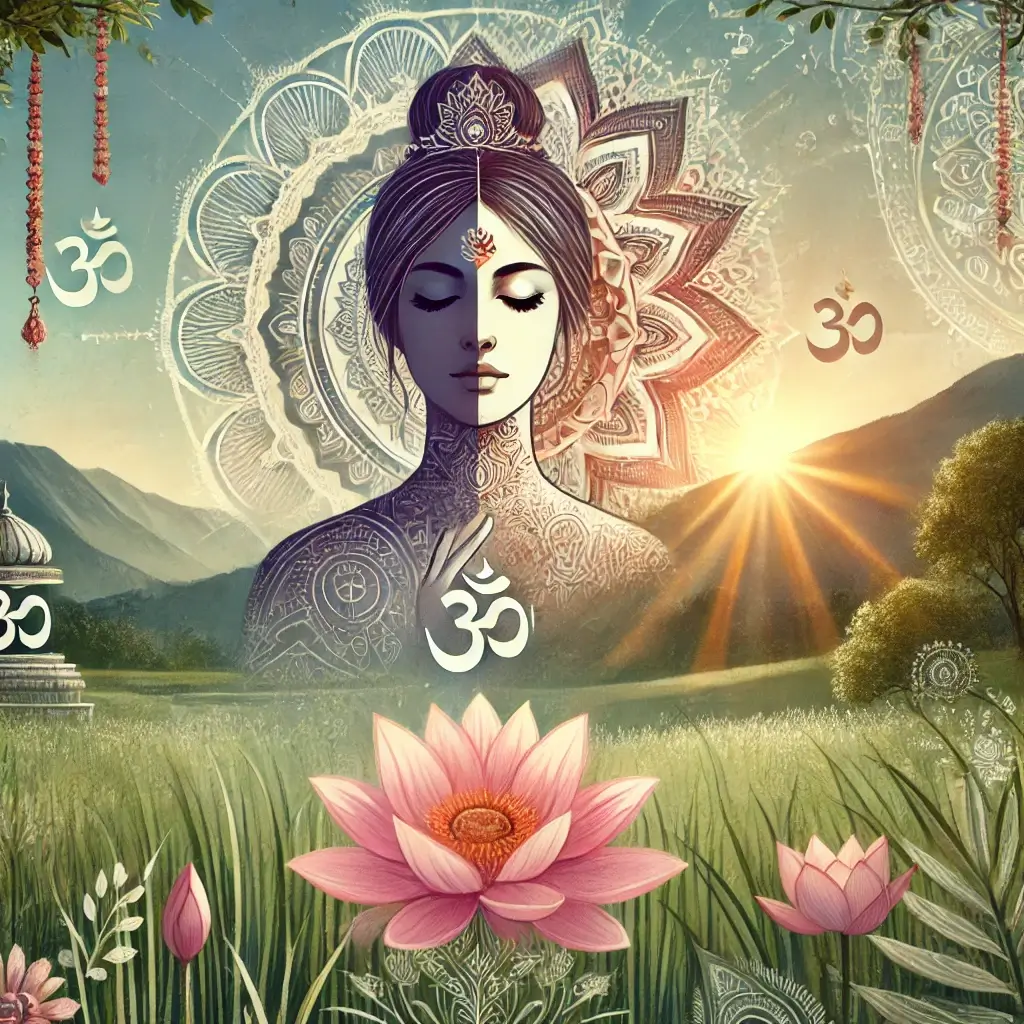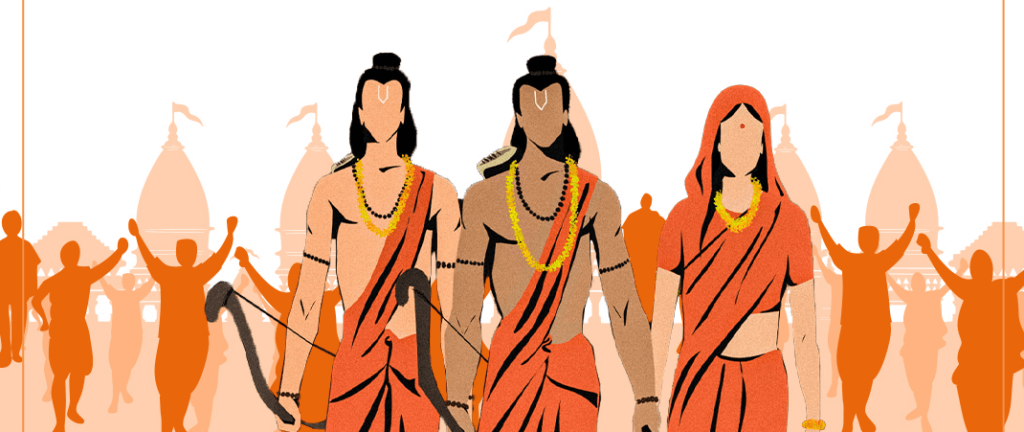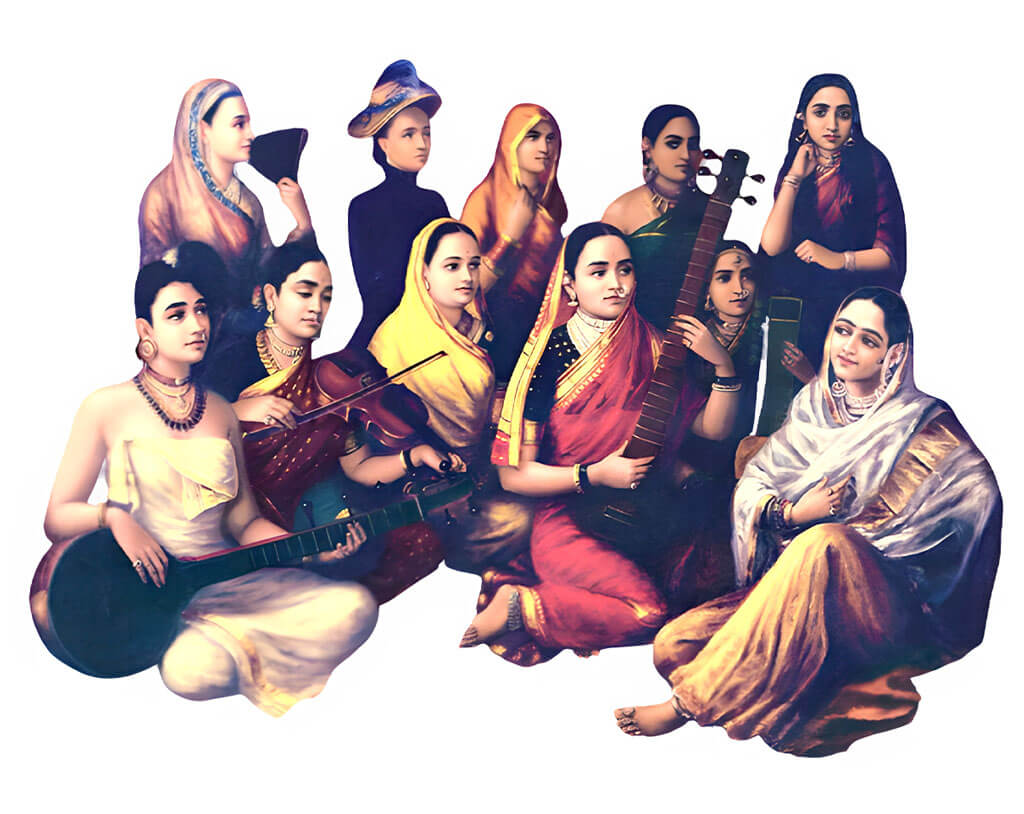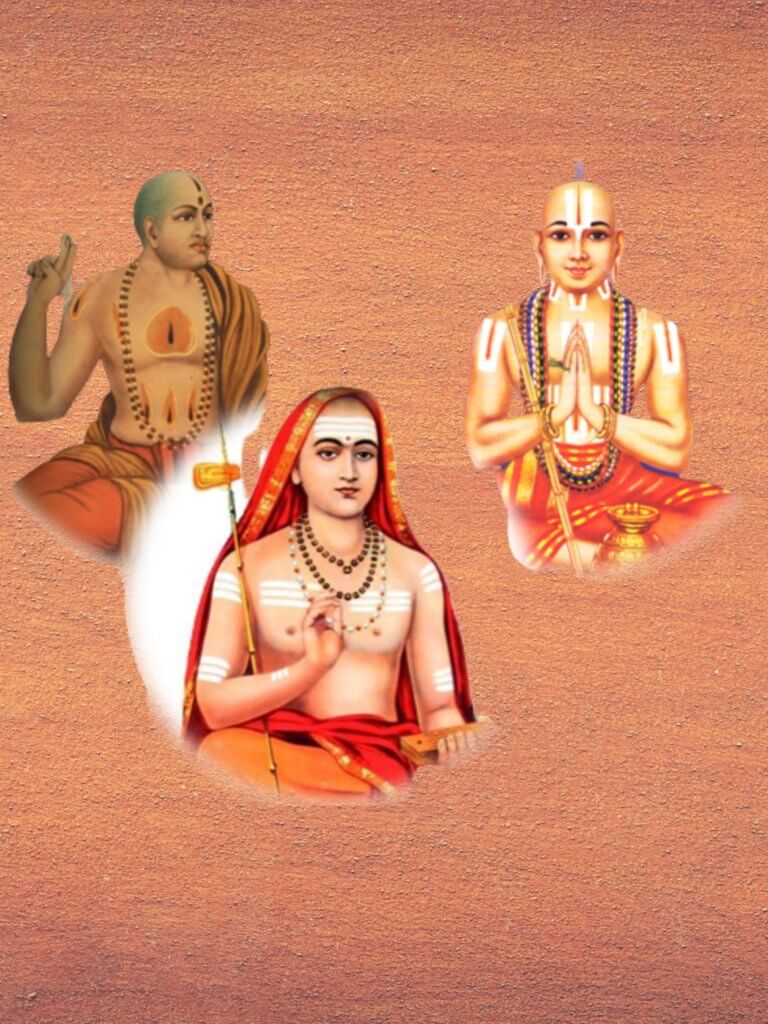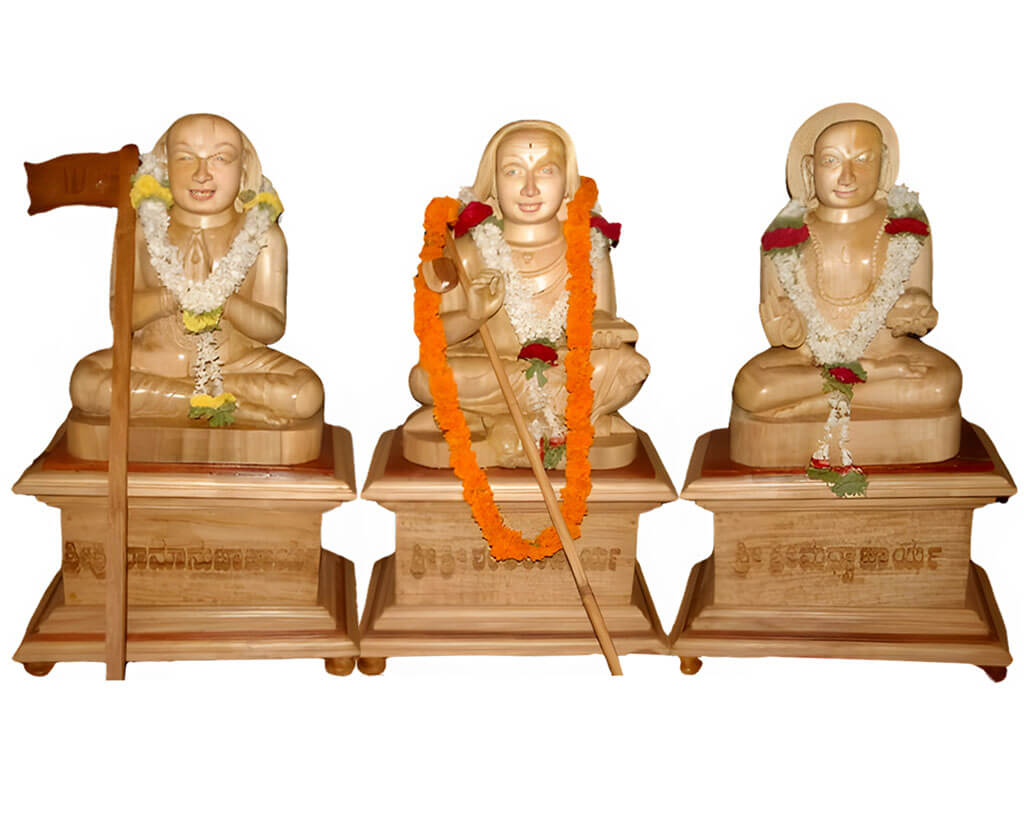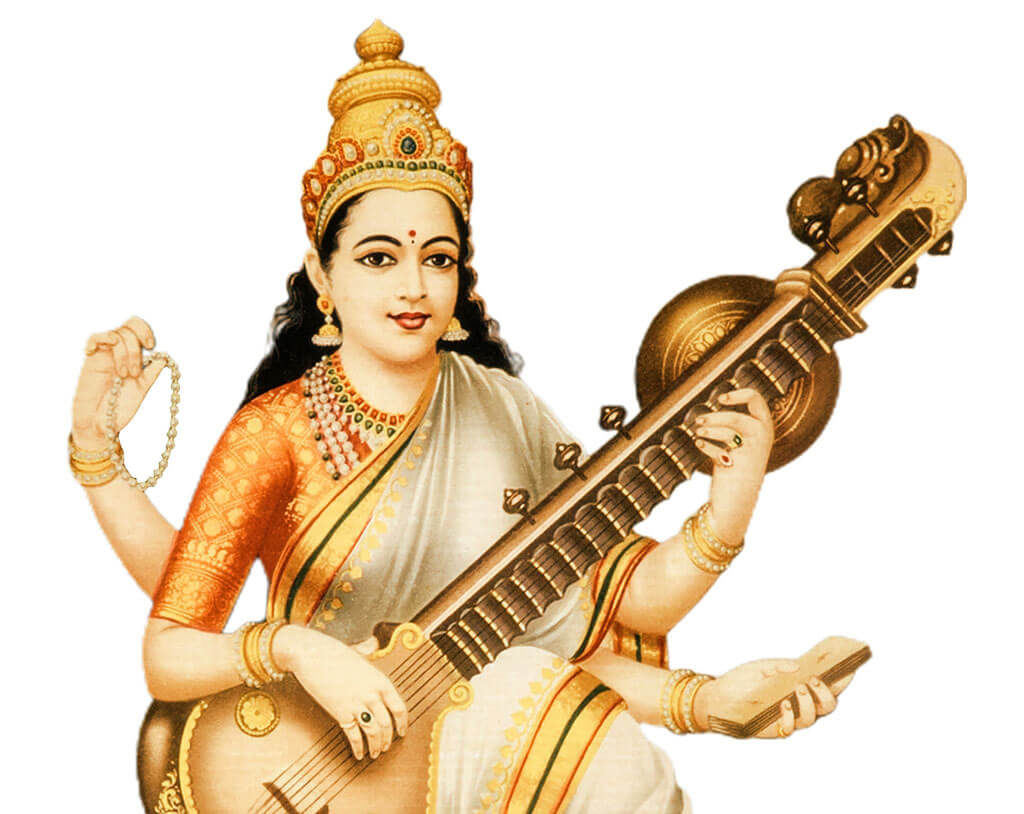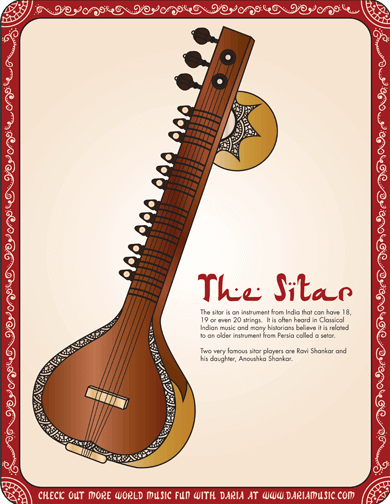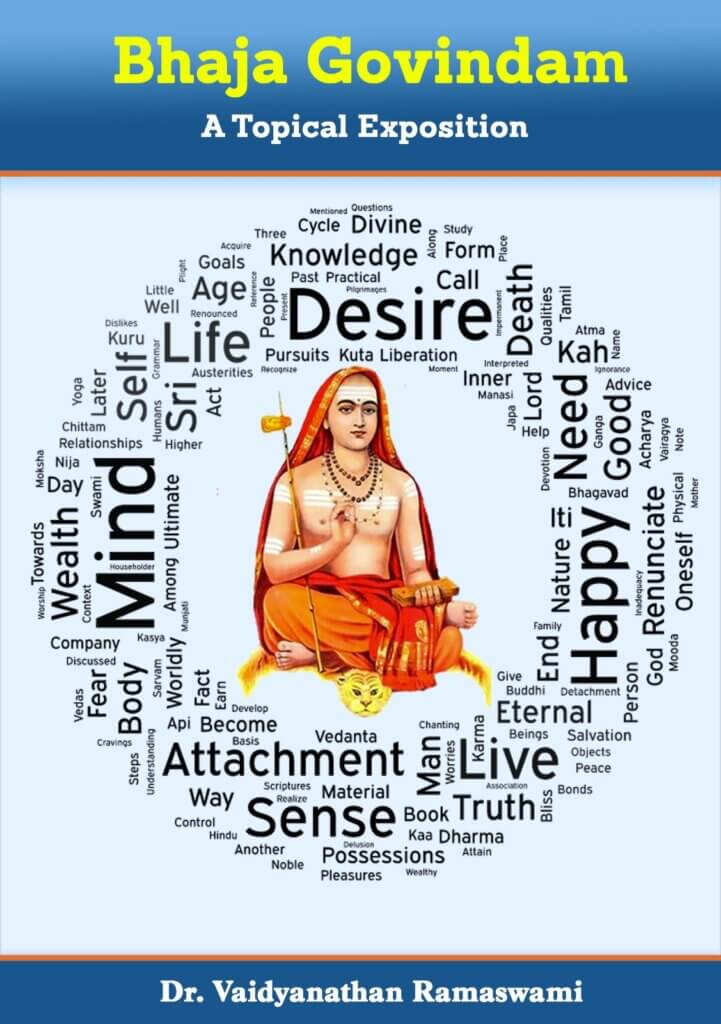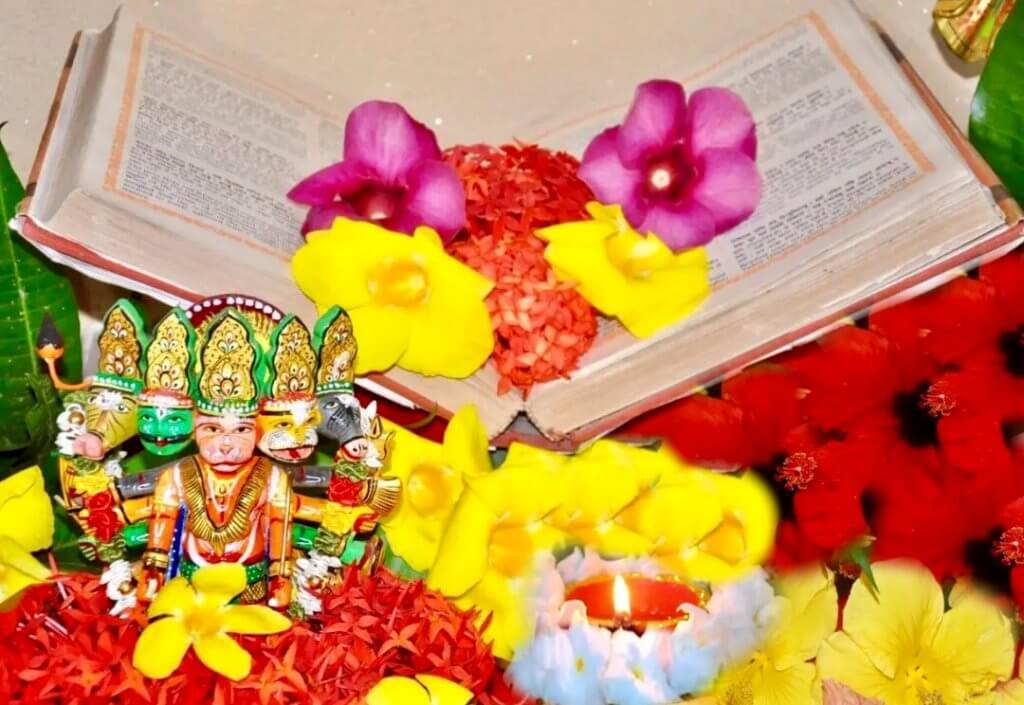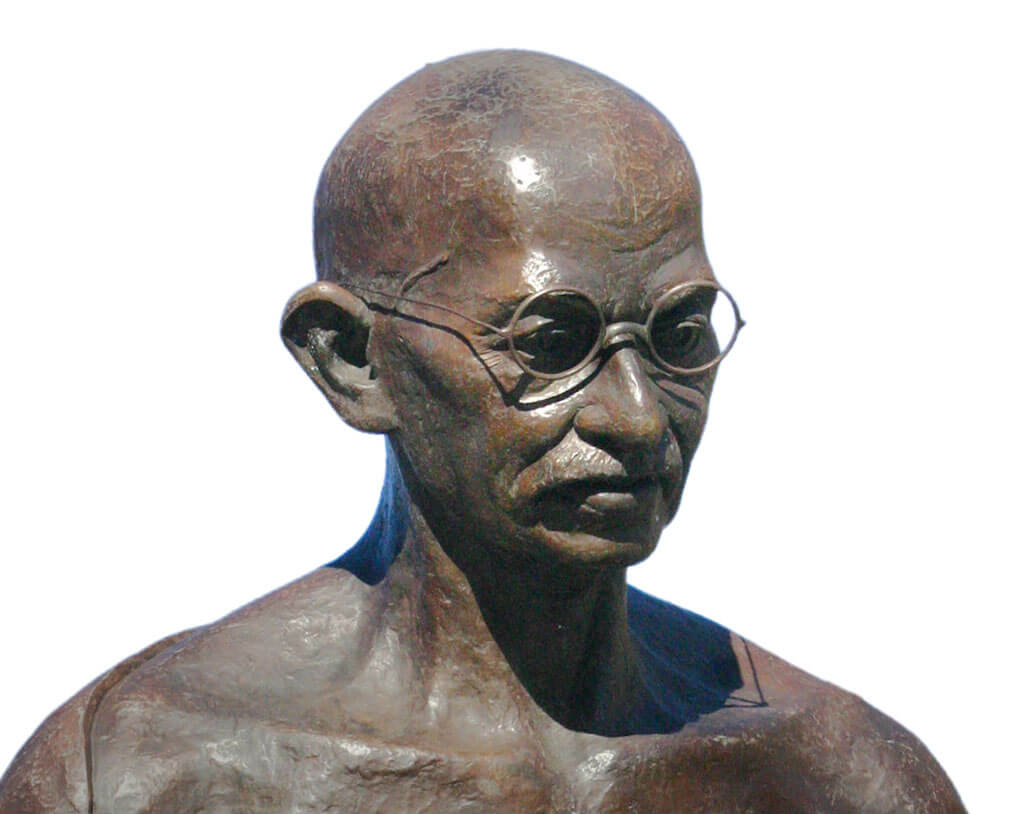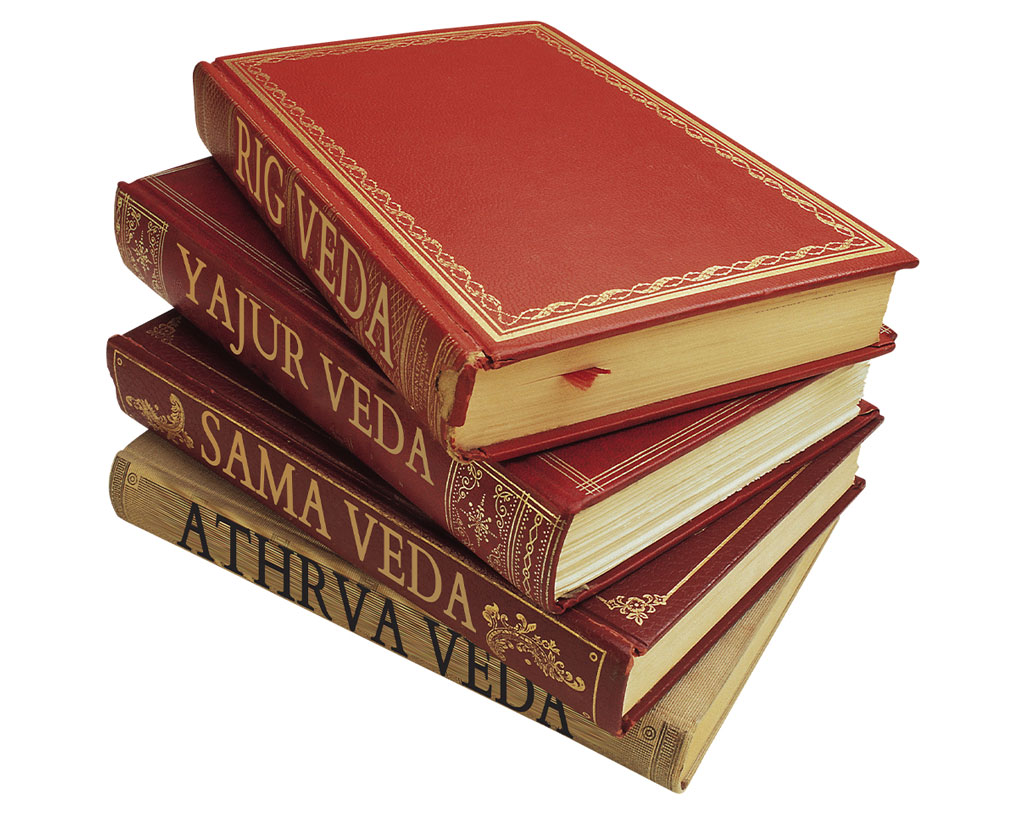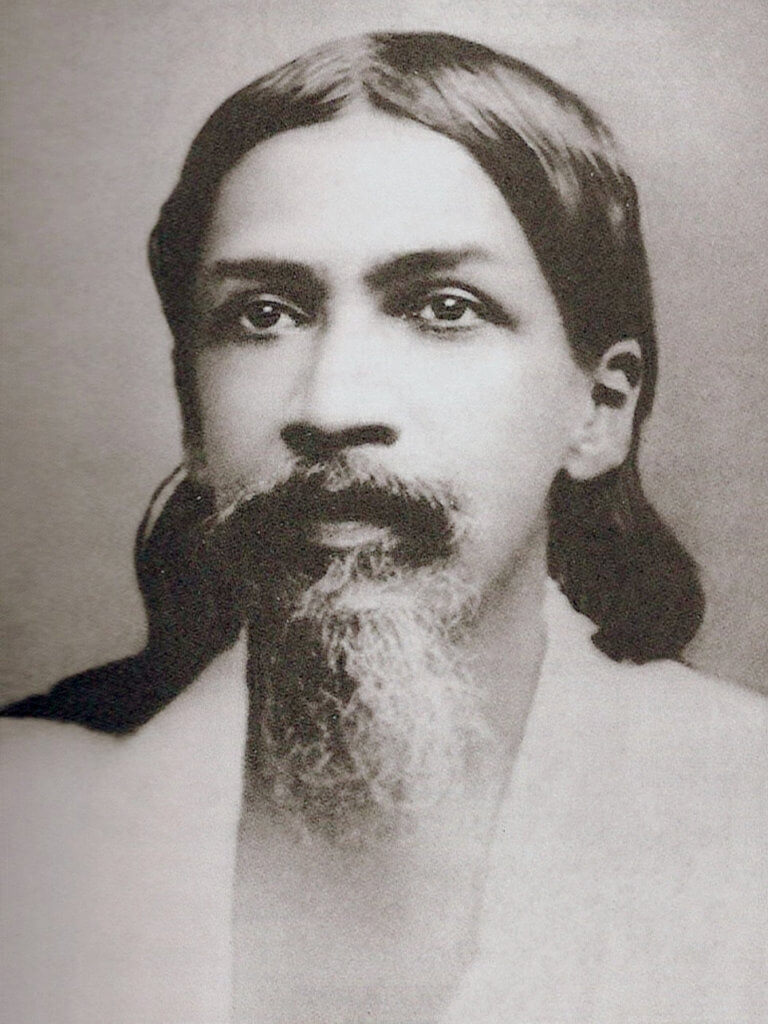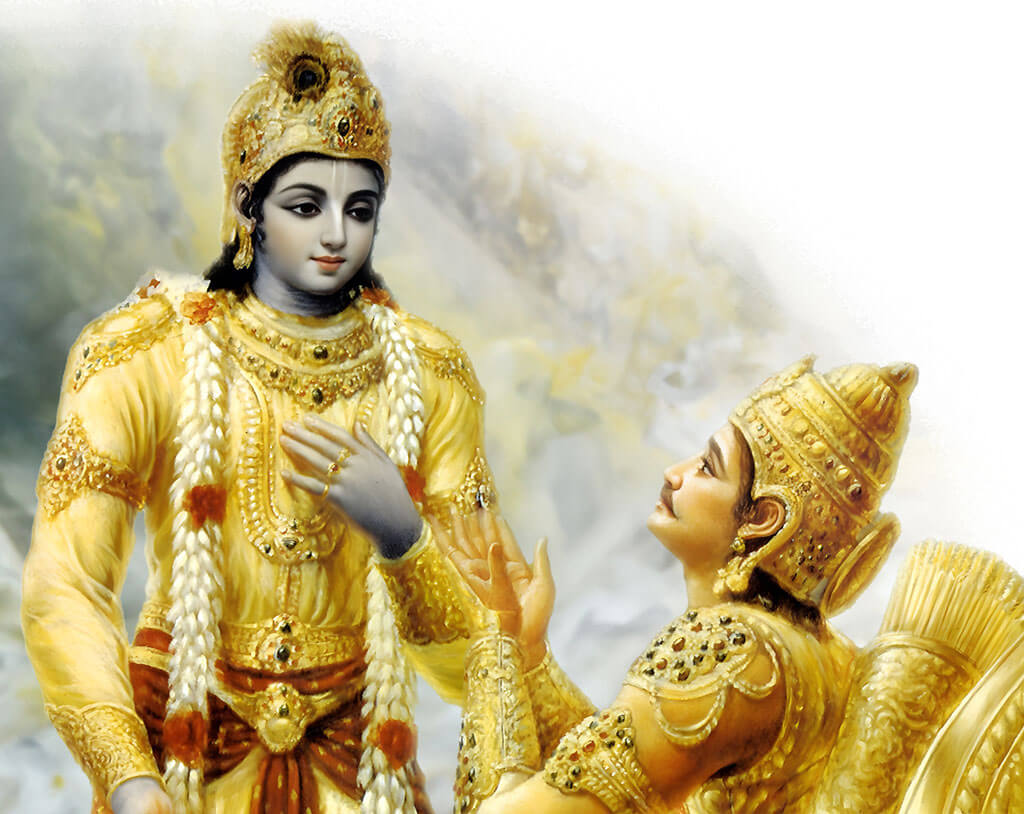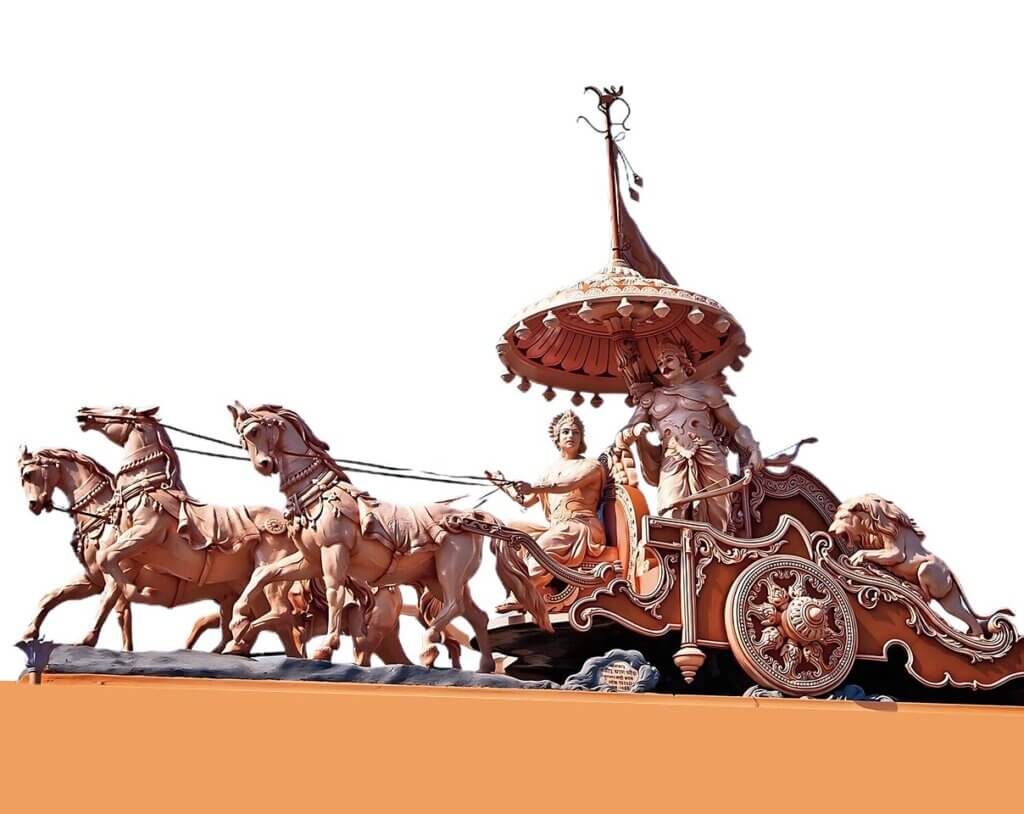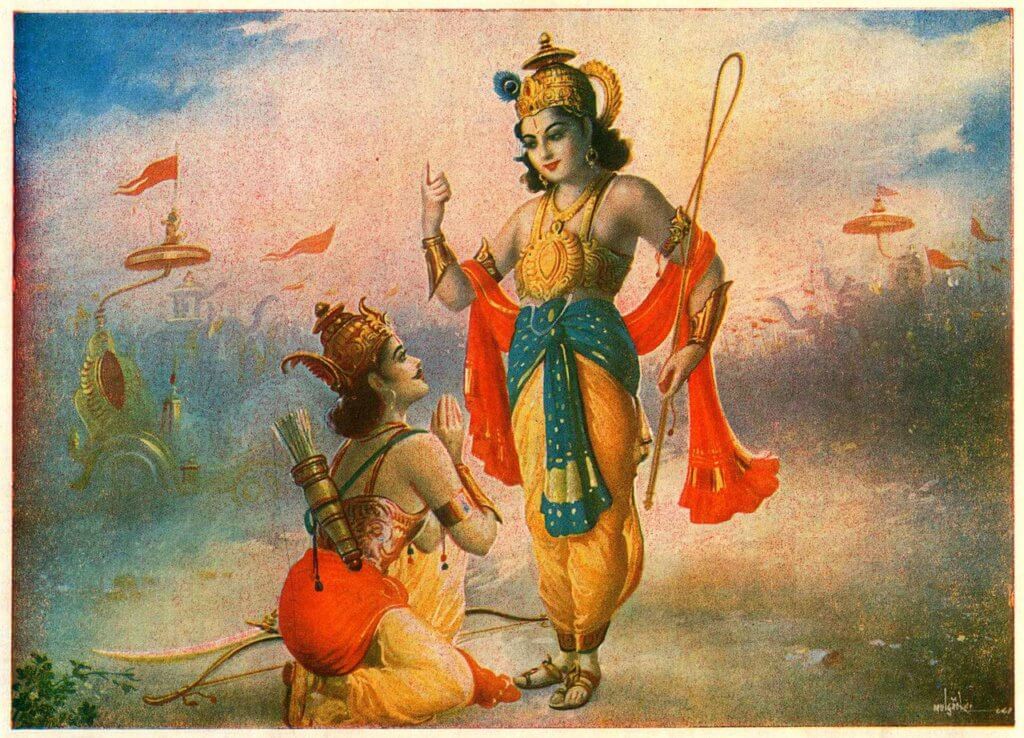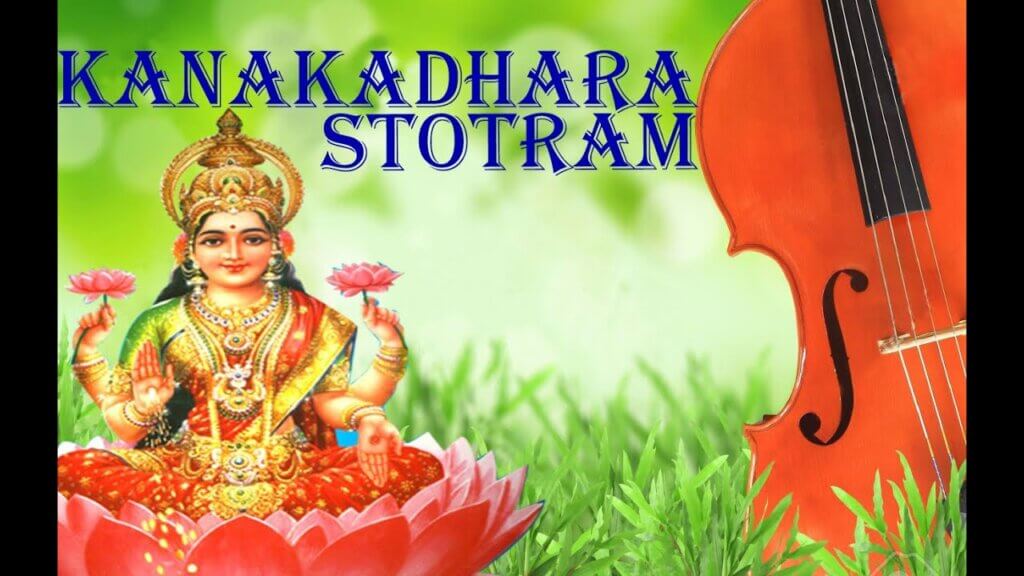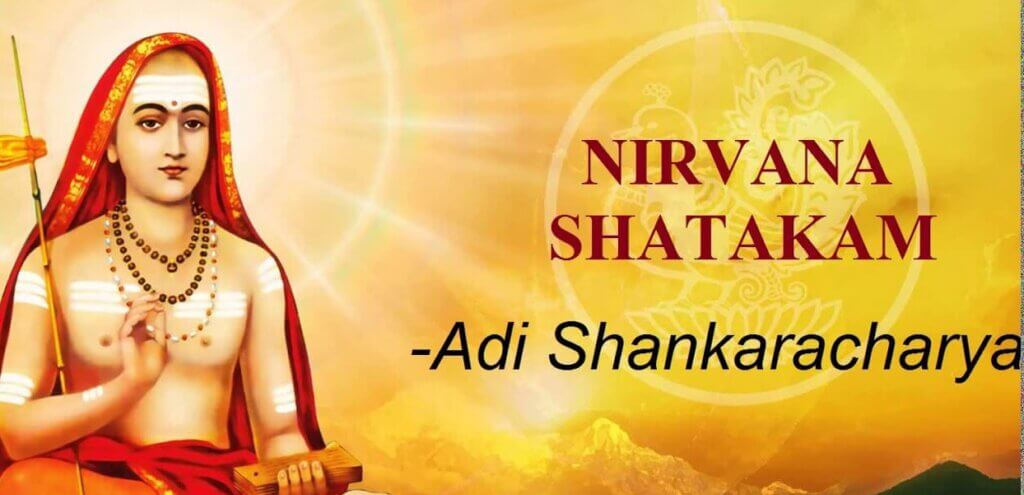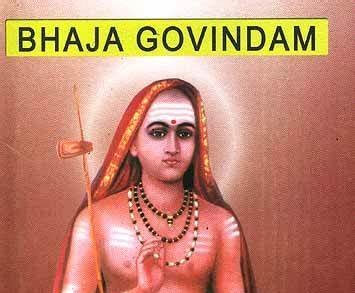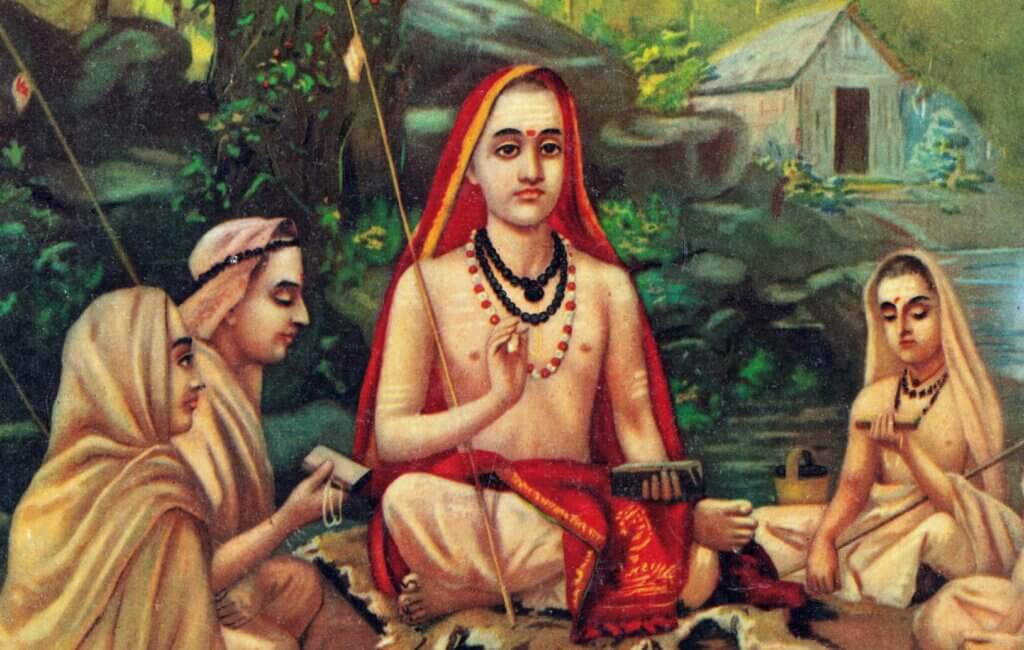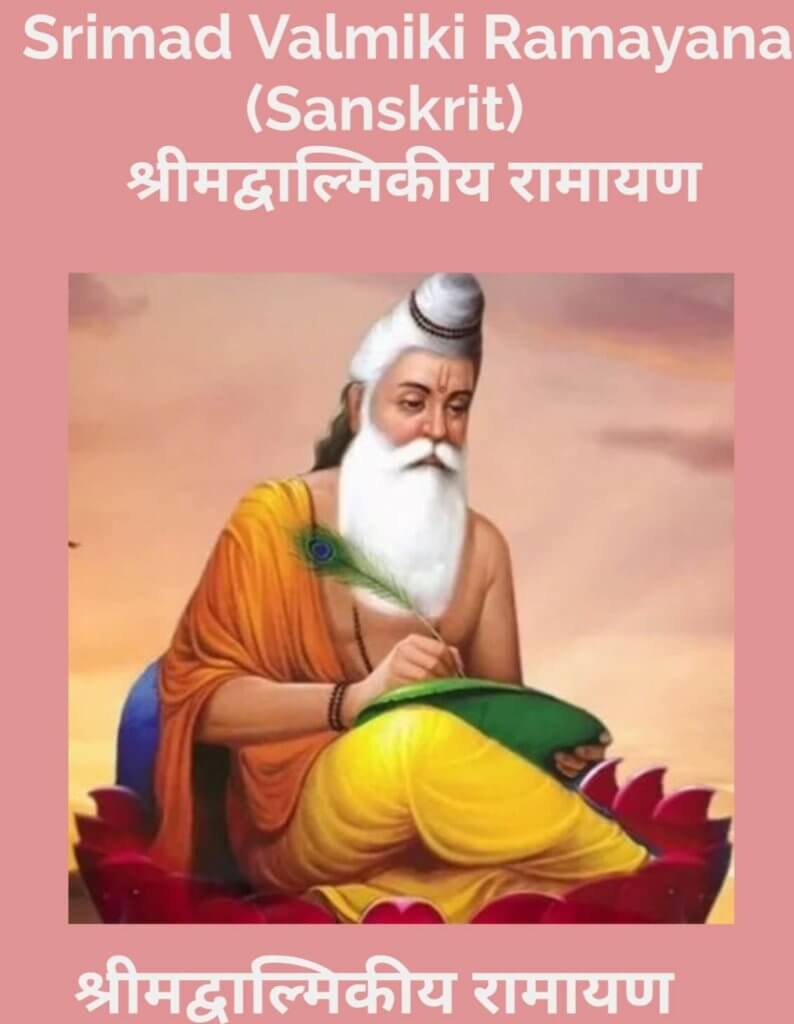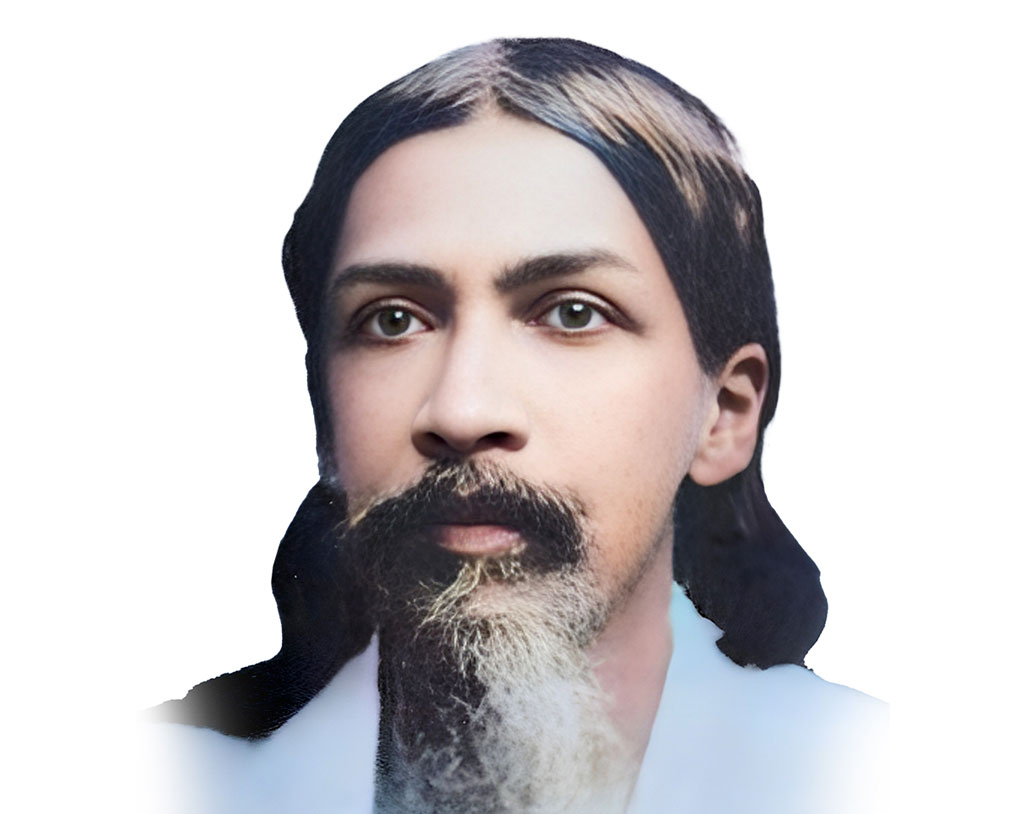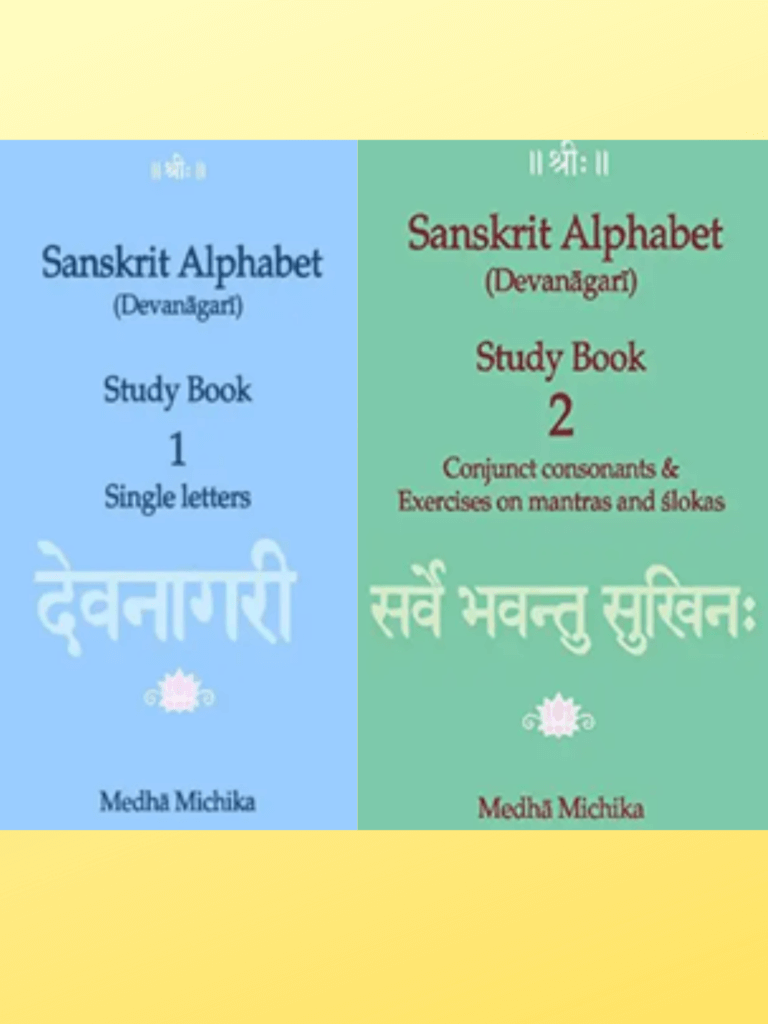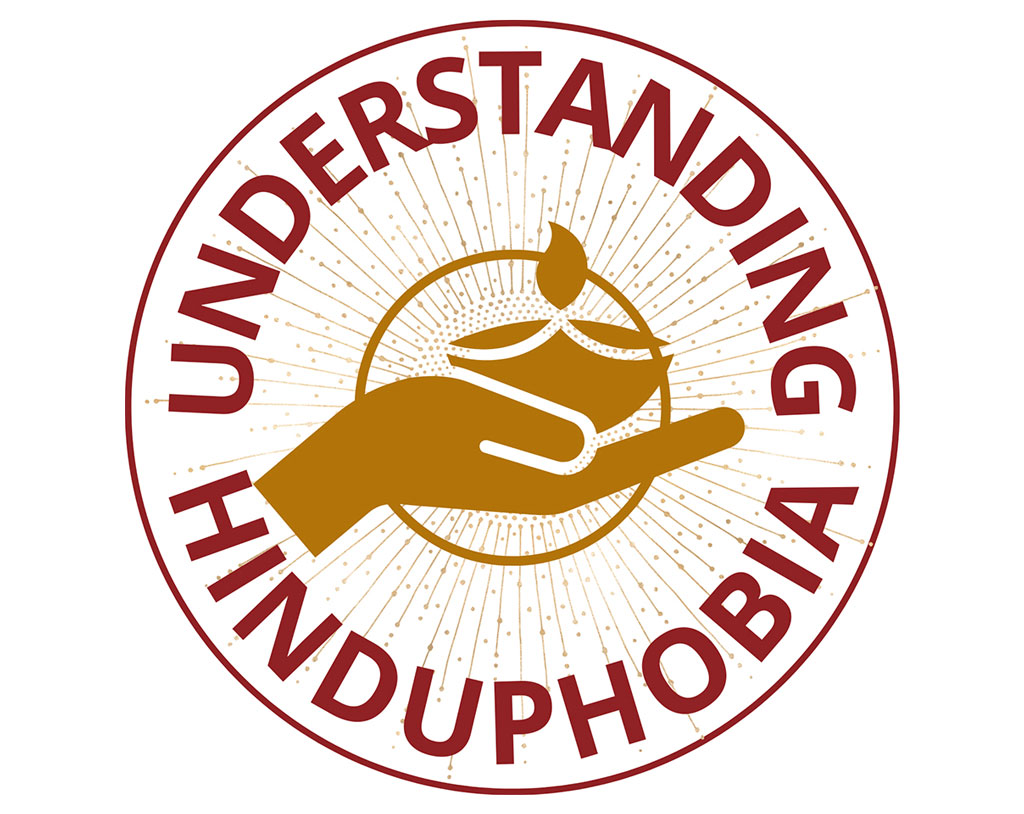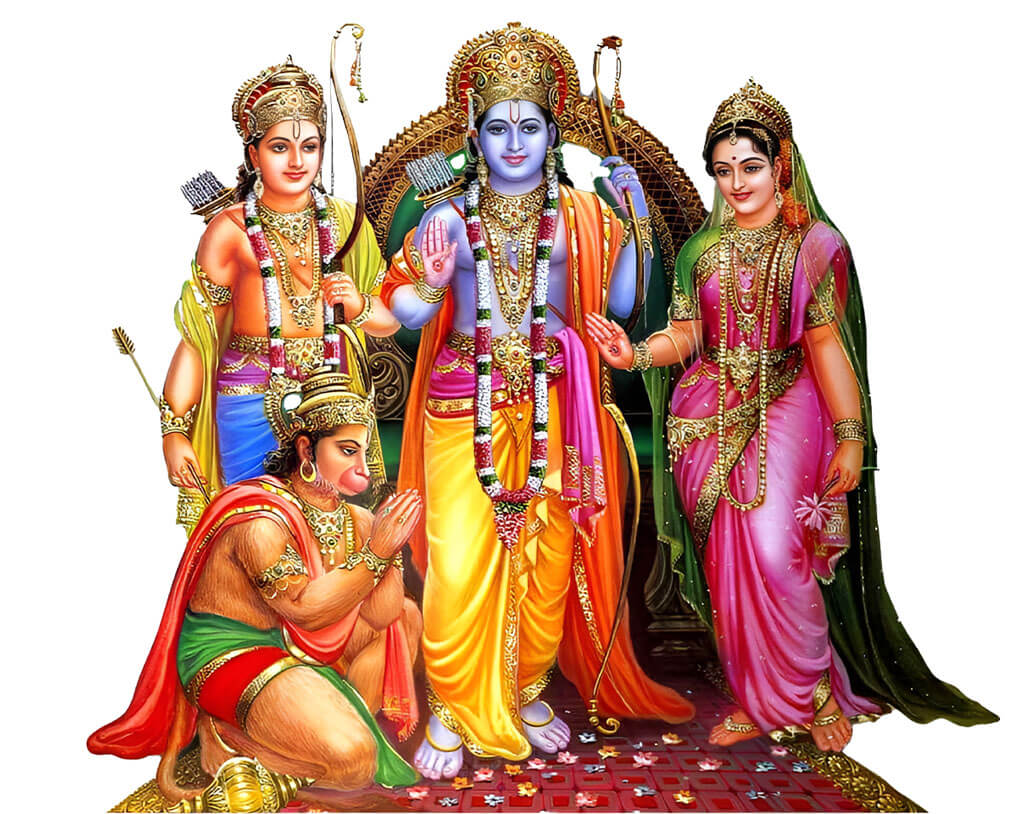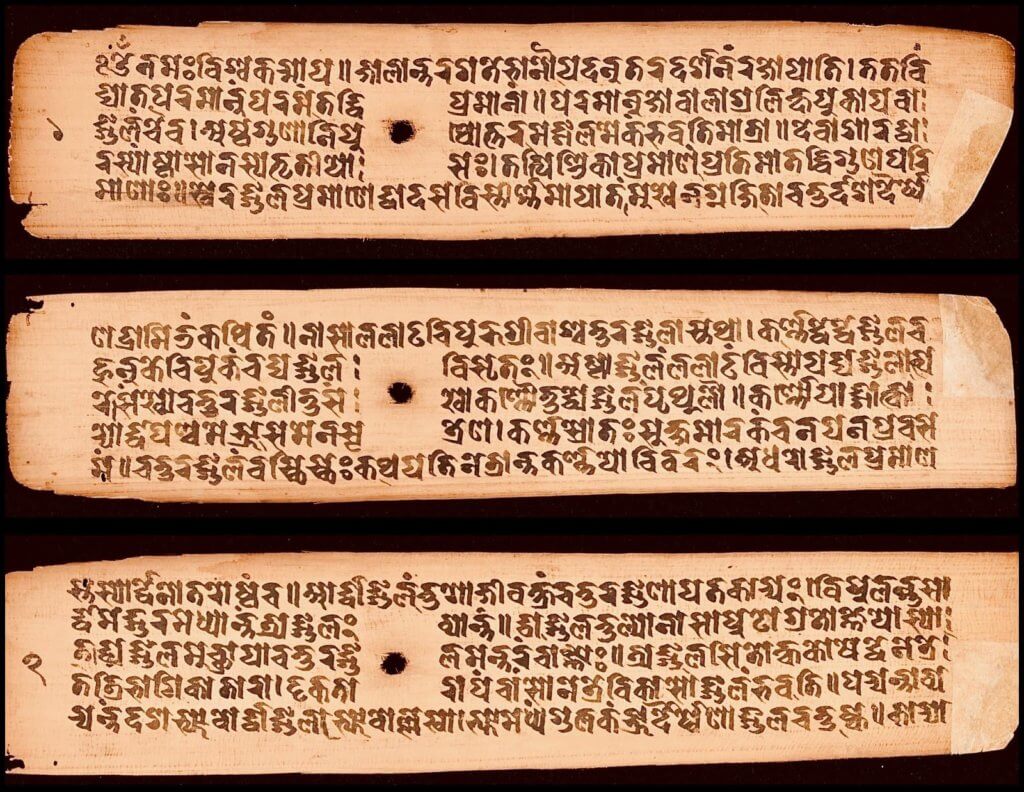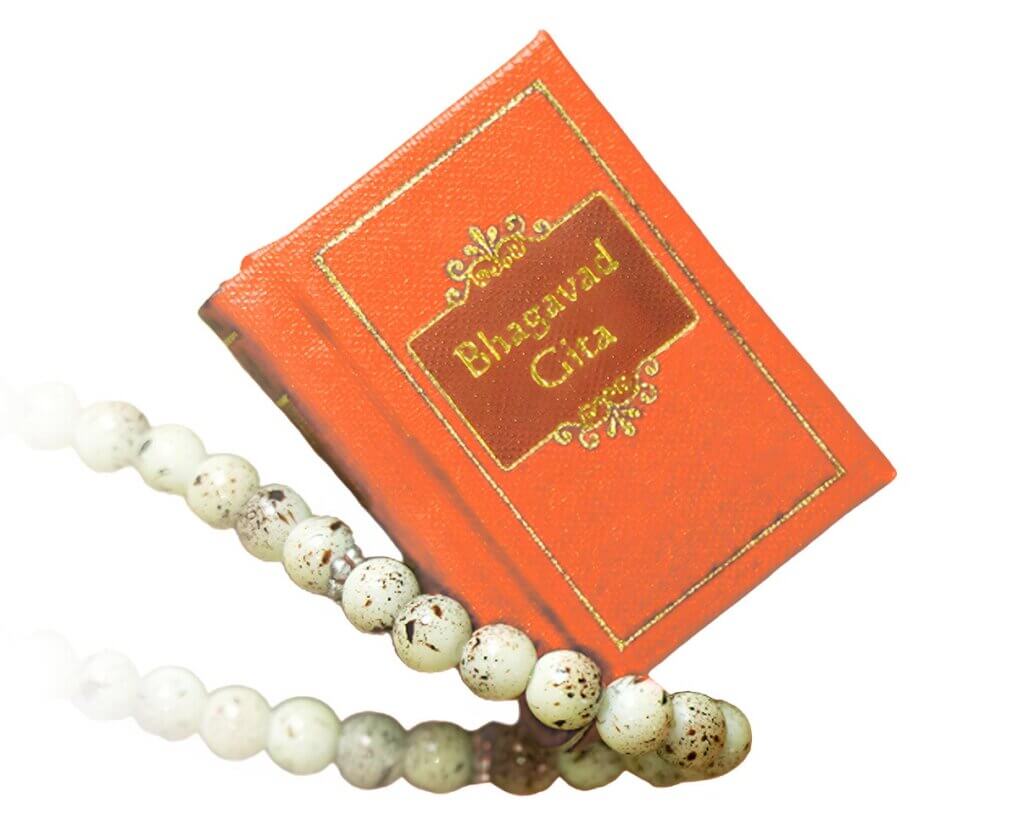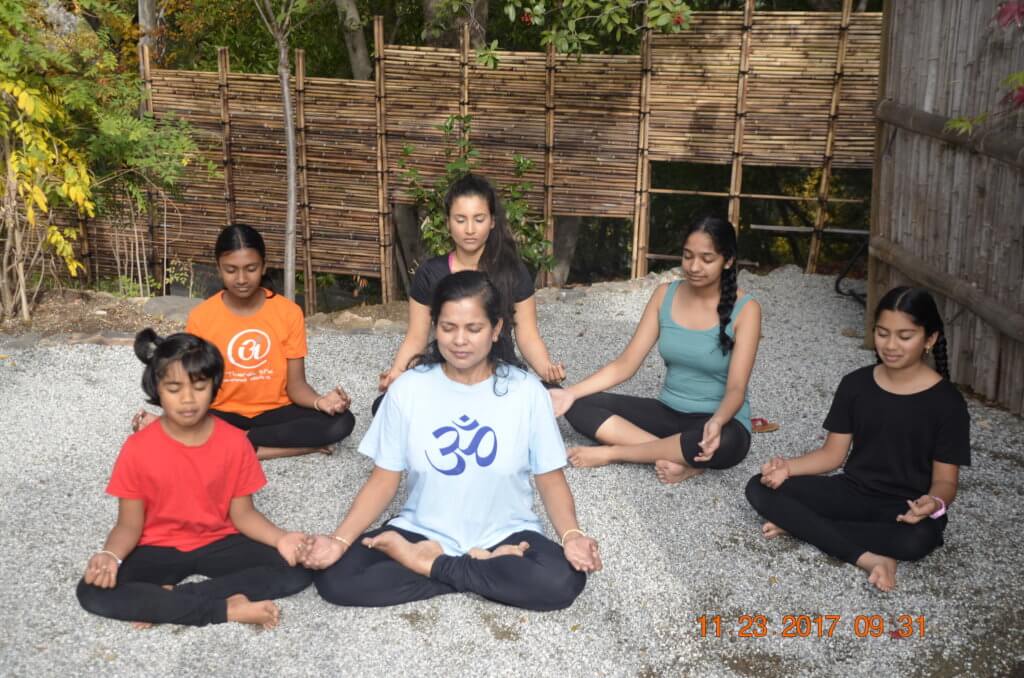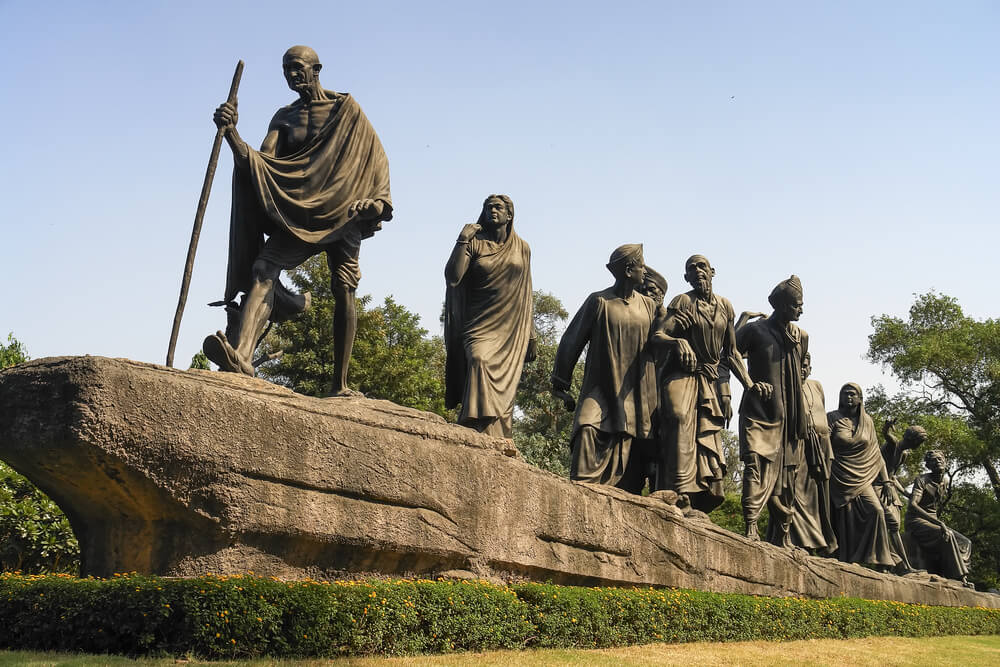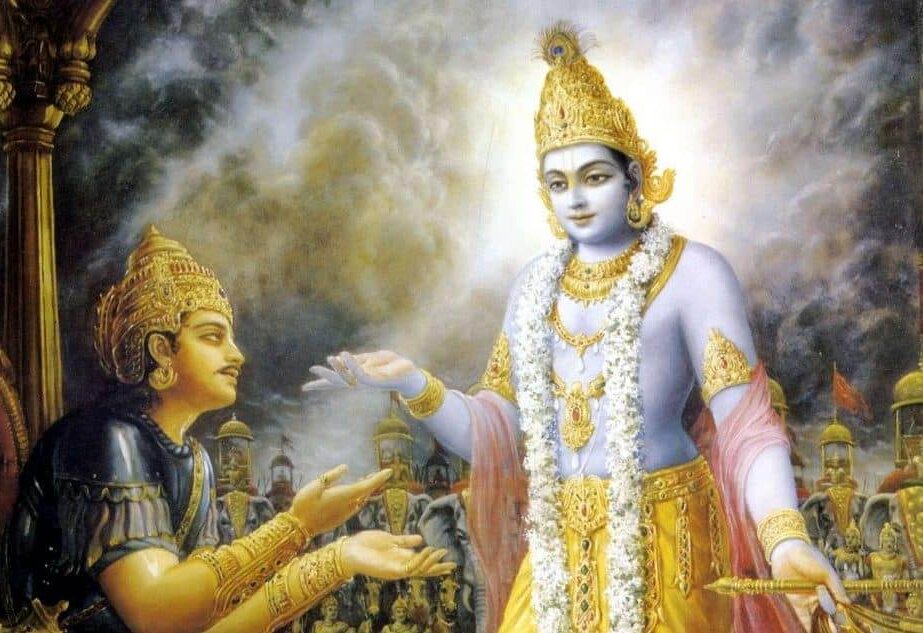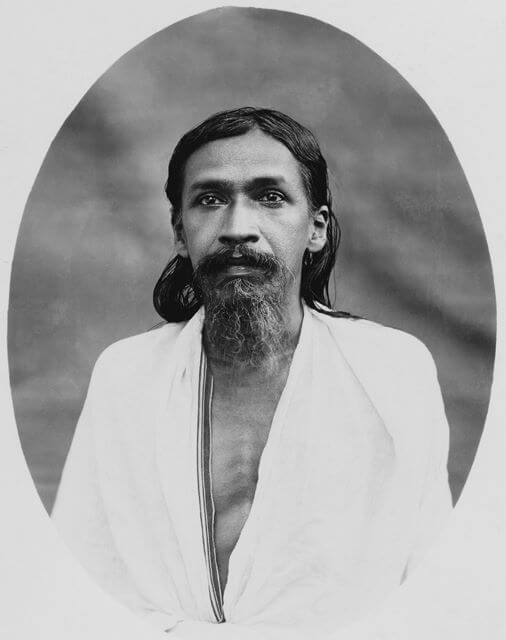The Certificate program in Hindu Studies (CPHS). HUA prepares Students to engage with the world as a Hindu with confidence and clarity. Along the way, it also aims to develop in the student a lifelong love for service and contribution. At the end of the program, students will be informed, empowered, and inspired by the possibilities of living a deeply fulfilled life as a Hindu, and making a real difference in the world.
As Students discover the range and depth of Hindu thought, its uniquely awesome cosmology, and clear up some of the misconceptions and erroneous narratives that they have inherited, they will find themselves being profoundly transformed, naturally creating new realms of self-expression, and new possibilities for who they can now be in the world.
Program Learning Outcomes:
At the end of this Certificate Programs in Hindu Studies, Students will:
- Clarify the Hindu Paradigm, having acquired an overview of Hindu principles, practices, values, history, philosophy, society, culture, traditions, and civilization.
- Articulate the contemporary relevance of Hindu thought and contribute its value to the Hindu community as well as to humanity in general.
- Apply their learning to think from a Hindu context and develop strategies for the preservation and transmission of Hindu thought across the generations.
- Create new pathways for service, leadership, and global engagement from a Hindu context, and new realms of self-expression for themselves.
- Contribute with confidence and clarity, in unique and innovative ways towards fostering the culture and traditions of Hindu Dharma.
Program Context
Being successful in our professional lives, as a Doctor, Engineer, Business person, Entrepreneur, or a Lawyer and so on, equips us with a basic ability to compete effectively in the contemporary economy, to survive and succeed in the world. But it does not necessarily address a deeper dimension of human possibility i.e., the spiritual or the Adhyatmika realm.
In each of us lies dormant a need and a desire for deeper engagement with the world, to contribute, to make a difference and be of service in a profound and meaningful way. In each of us lies as yet unfulfilled the potential for leadership and global impact, sometimes even as yet unimagined.
In every one of us without exception there lies the possibility of going within, exploring the realms of deeper levels of consciousness, and transforming our connection and relationship with the cosmos itself, manifesting the perfection and possibilities that already lie within us. These are the realms of Dharma and Moksha, the unique dimensions of Hindu thought.
What is the purpose of our human existence? Does it have one? What does it mean to live a successful life? What is the source of deep fulfillment and contentment in our lives? What is Dharma? What is our Svadharma? How do we ensure that we fulfill the unique purpose and opportunity of our lives? How do we even discover it? Have we exhausted the possibilities of being alive already? How has Hindu Dharma addressed these questions?
In the Certificate Programs in Hindu Studies, Students will engage with these questions in a deep and authentic way, as they prepare themselves for service, leadership, and contribution, and for making a deep and lasting impact in the communities in which they live, as well as the world in general.
Whether you are interested in writing, speaking, and teaching, in counseling and healing, in social work, media or the performing arts, in education and curriculum development, in providing leadership in your communities, working with youth or in inter-faith domains, or simply engaging with schools and colleges, and the institutions of our contemporary world, or being of service in some other vital way, the Certificate Programs in Hindu Studies, will empower and enable you in your life’s journey.
This program will take work, commitment, and the ability to sustain your interest through several quarters. But what you will accomplish at the end, who you will become in the process, and all the new aspirations and possibilities that you will create for yourself, that you didn’t even know that you had, will transform you in an amazing and inspiring way. You will go beyond your real or perceived limitations, capacity and capabilities, and may even sustain and nurture the continued relevance of Sanatana Dharma for posterity as its ambassador.
Structure of the Program:
The certificate programs consists of a total of 24 credit hours of coursework. It can be completed at the earliest in 8 quarters, if the students can take 3 Credit hours per quarter, or more slowly over time, in any case, under five years. Students must take at least 15 Credit hours from the Core Courses in the Certificate programs. They may complete the remaining 9 credit hours by taking any set of elective courses from the community education program.
Pre-requisites:
The students must have completed the Orientation to Hindu Studies course minimally and must demonstrate a deep interest in service, contribution and making an impact from within a Hindu context, in order to be admitted into the Certificate Program in Hindu Studies. Students who have not taken the Orientation to Hindu Studies course, may enroll into the Certificate Program in Hindu Studies, with the understanding that they will register into the course immediately.
Who will benefit?
This program can benefit everyone who is interested in living a life of service and contribution, who wishes to engage with the communities in their lives in a meaningful way, in a Hindu context. It applies to all those who wish to reconnect deeply with their own Hindu cultural roots, develop a deeper understanding of their own unique place in the world.
For Non-Hindus who have developed some level of curiosity and interest in the Hindu world, this program will deepen their engagement with that world, and open up entirely new possibilities for contribution and service.
List of courses
The list of Courses available for Students as part of the Certificate Program in Hindu Studies is listed below. Each course is designated as a Core course or an Elective course. These courses may be taken in any sequence, as long as the student first completes the Orientation to Hindu Studies course, at the very beginning of the program.

TAT3209 – Vaisheshika Darshana, founded by Maharṣi Kanāḍa, is one of the six major schools of Vedic philosophies. Often paired ...
Read More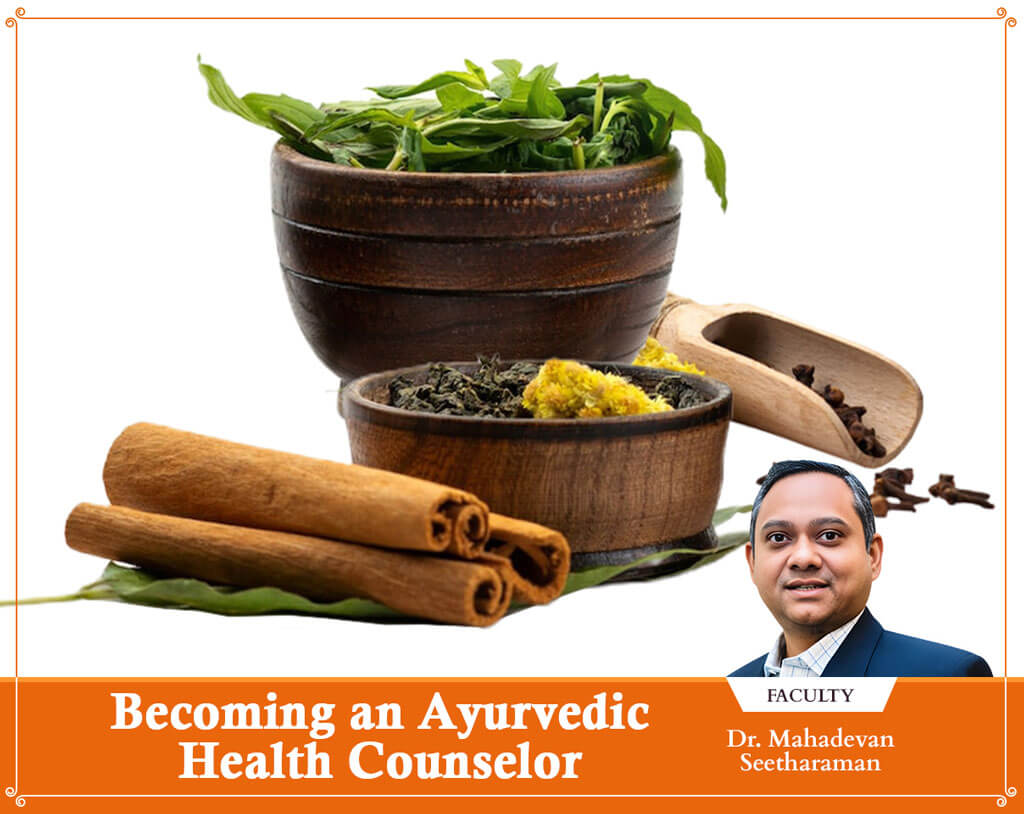
AIH1100 – This course will elaborate how to become an Ayurvedic Health Counselor (AHC). Participants will understand what principles & ...
Read More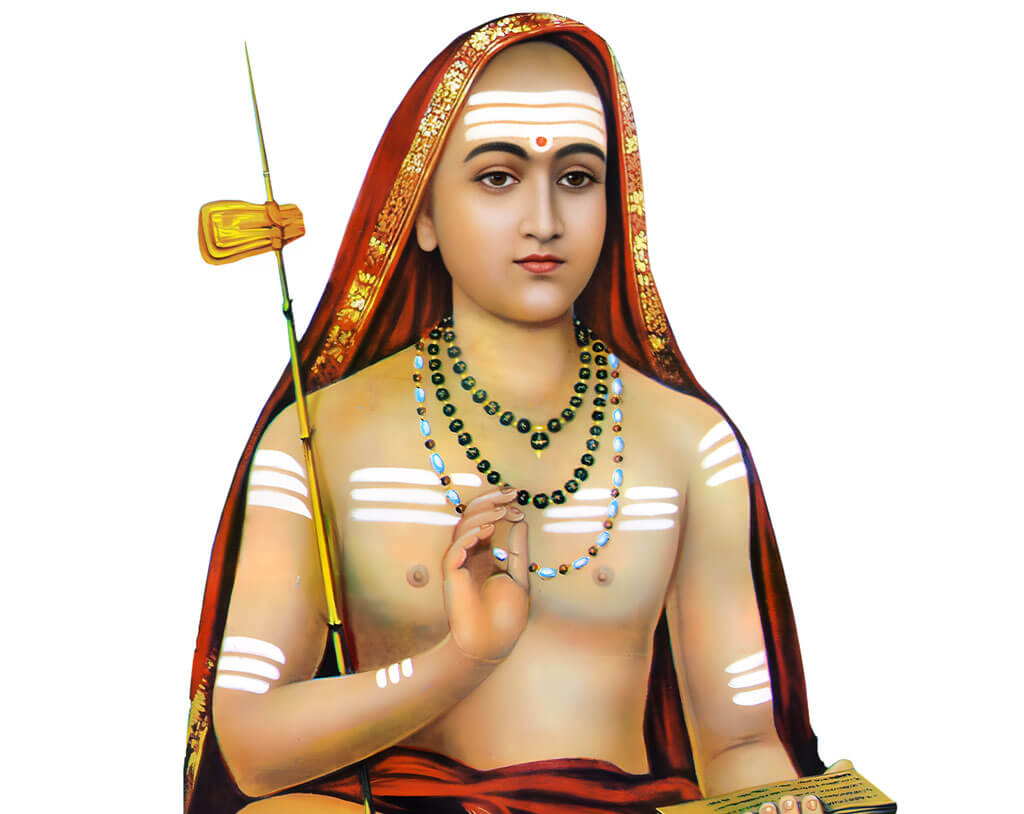
TAT4000 – This course will unfold the adhyasa bhasya, considered perhaps to be the magnum opus of Adi Sankara. This ...
Read More
YOG2001 – This Course takes the Students into a Journey of Exploration of Yoga as enunciated in the Bhagavad Gītā ...
Read More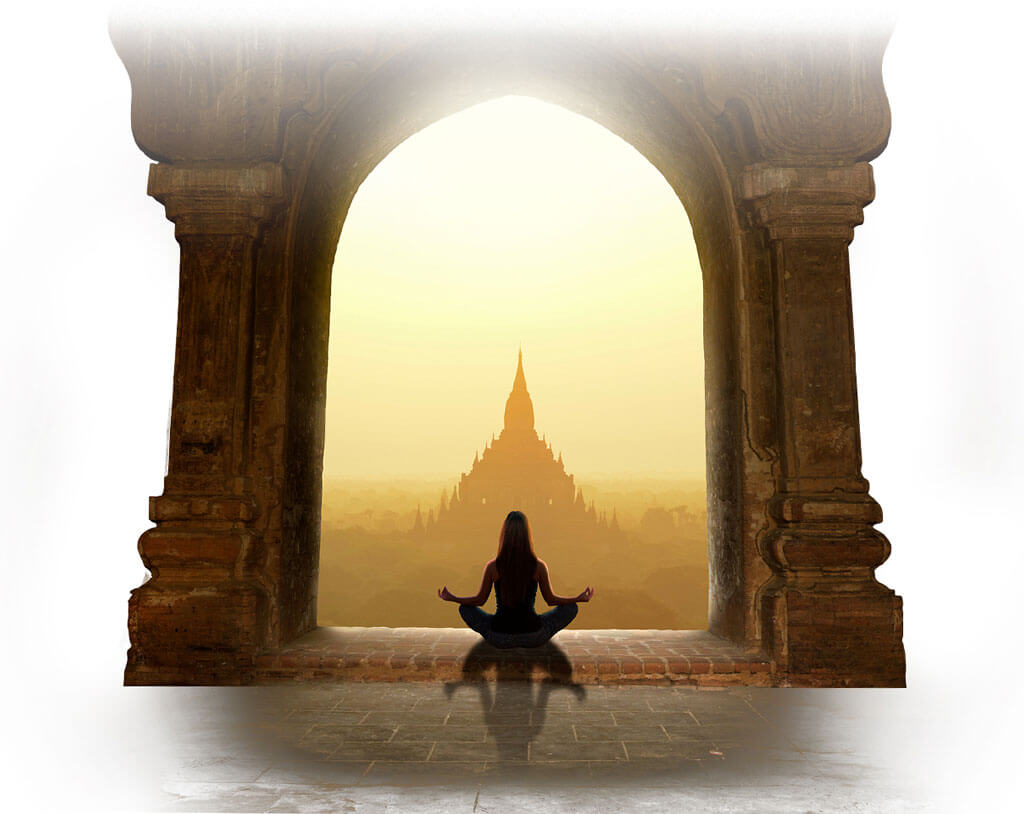
YOG3100 – This course is designed to use the itihasa-purana Mahabharata as a mirror to discover oneself. Key aspects of ...
Read More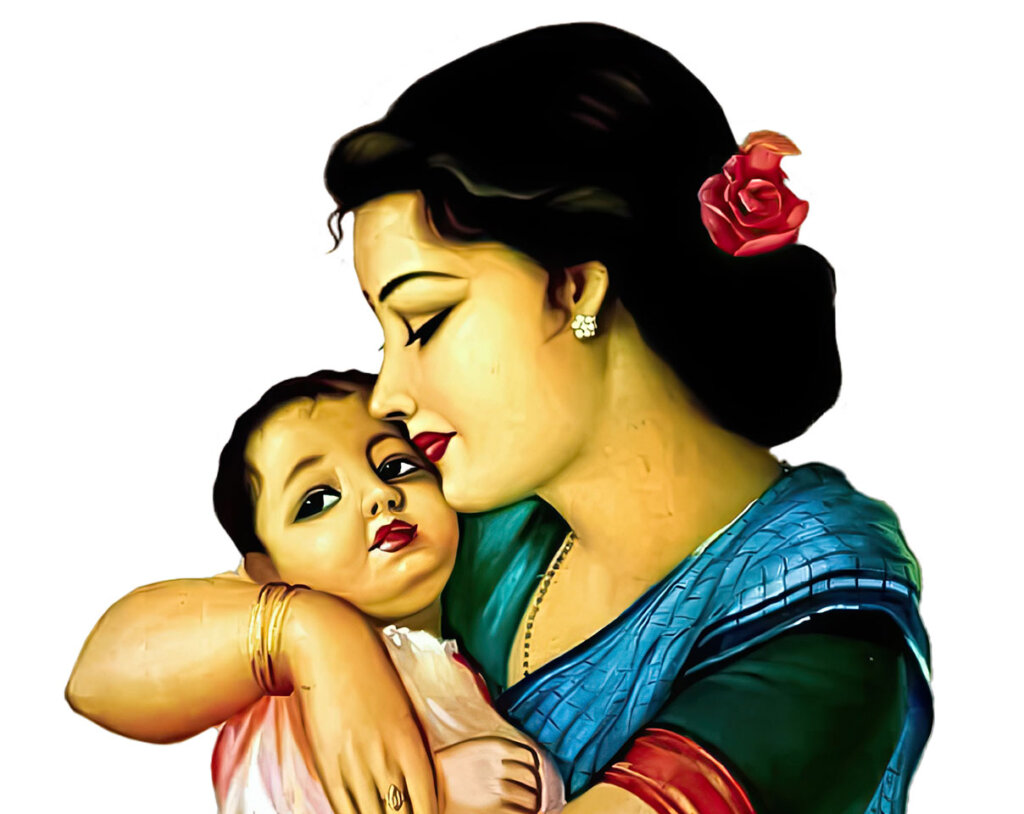
YOG3300 – The Yoga of Motherhood is a transformational pathway for mothers to learn how to recover their own health ...
Read More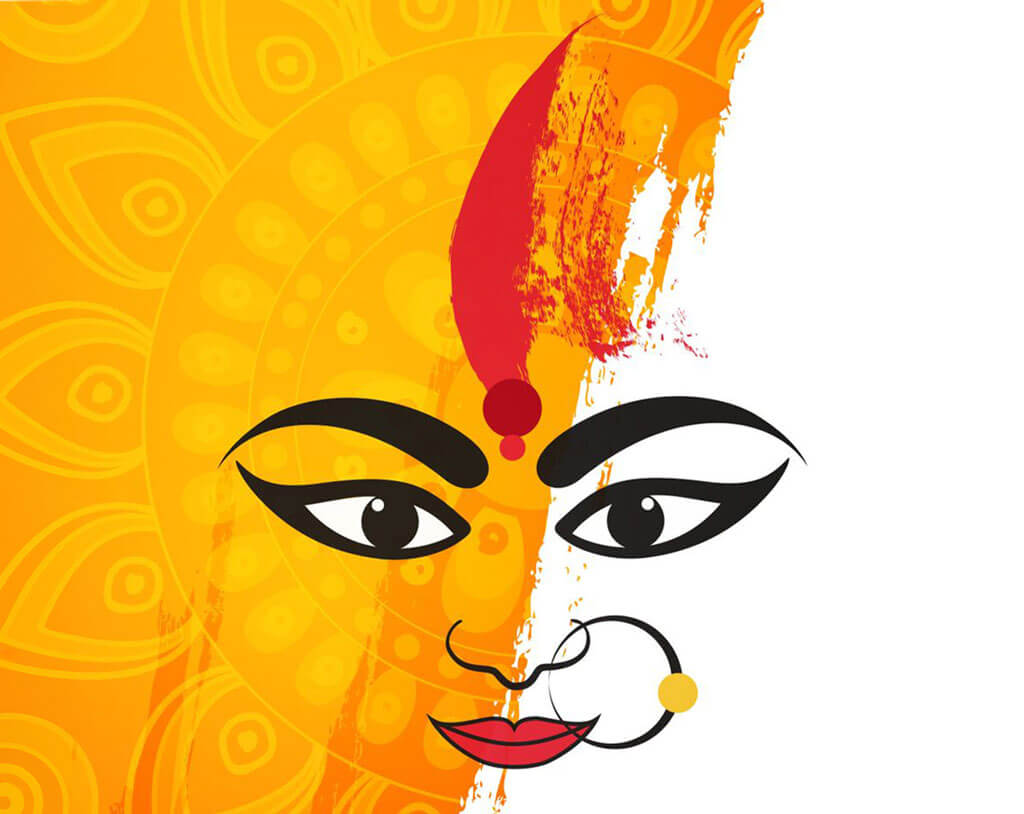
YOG3301 – This course will guide students on a journey of empowering and healing themselves through engaging with the Divine ...
Read More
YOG3302 - This course will guide students through a journey of self-discovery and conscious relationship building through grounding in a ...
Read More
TAT3207 – This Course is the Second of the two-part course sequence that introduces Nyaya Darshana of Gautama Rishi systematically ...
Read More
AIH2200 – The Ayurveda Wellness Retreat and Practicum is a transformative 4-day journey designed to harmonize mind, body, and spirit ...
Read More
AIH1002 – Ayurveda: The Art of Cleansing Fast and Detox Diet for Healthy Living, explores the pivotal role of fasting ...
Read More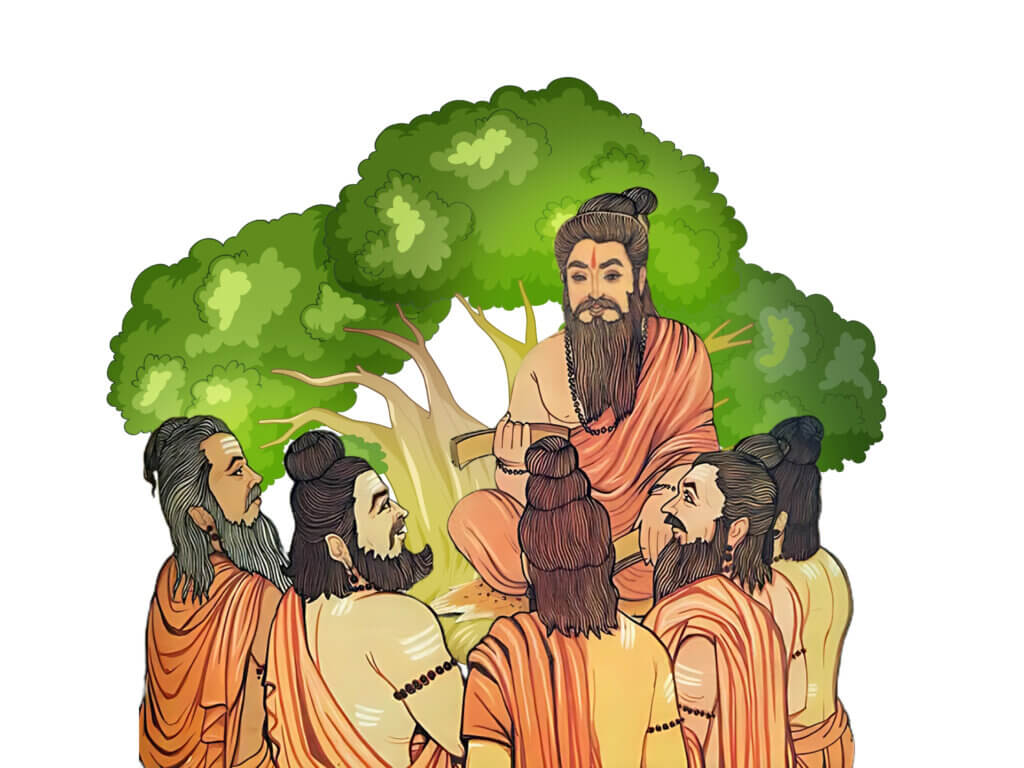
HSF1402 – The practice of Sanātana Dharma encompasses two vital dimensions: Jñāna Kānḍa (knowledge) and Karma Kānḍa (application), with Vedamantra ...
Read More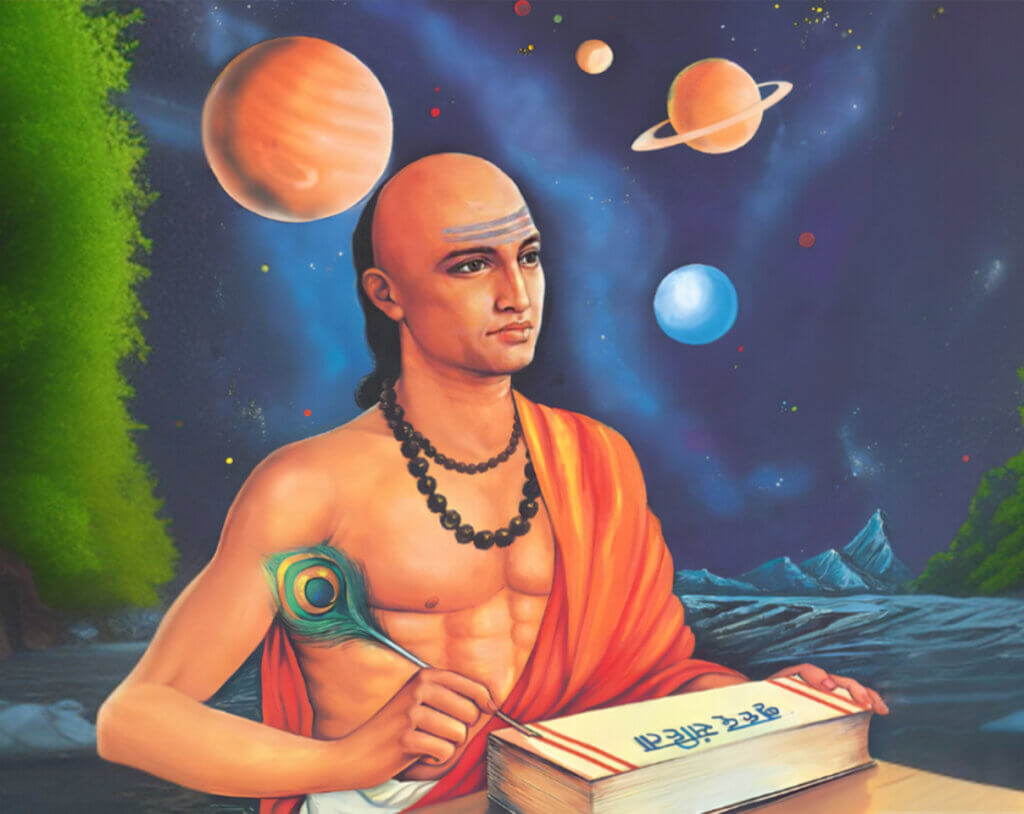
HAM4203 – This course delves into the development of Astronomy in ancient India, addressing the complexity in its understanding stemming ...
Read More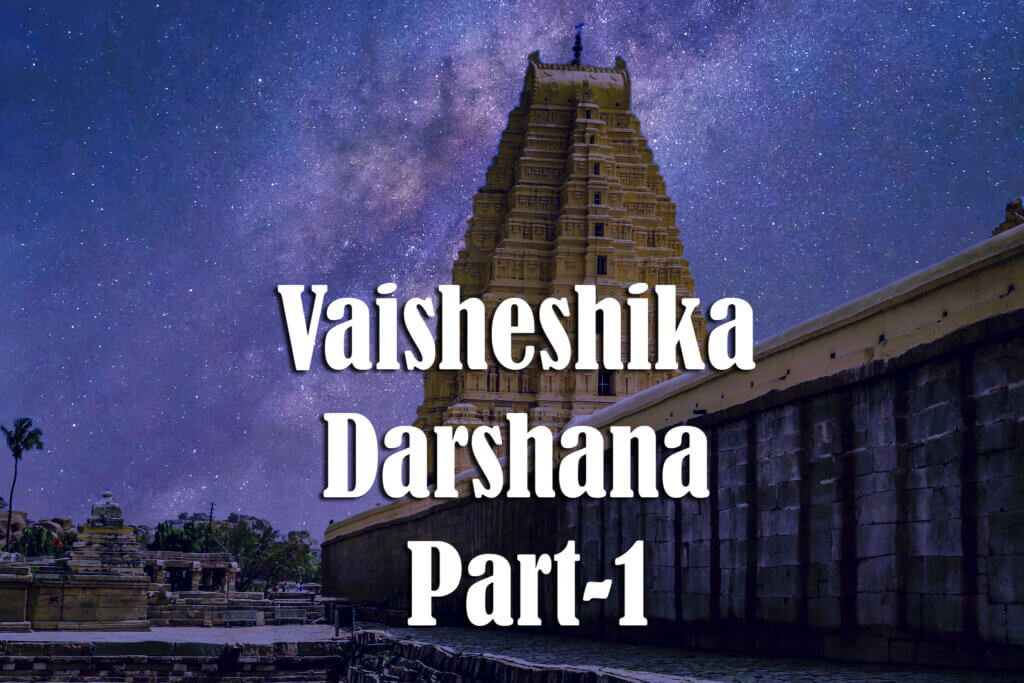
TAT3208 – Vaisheshika Darshana, founded by Maharṣi Kanāḍa, is one of the six major schools of Vedic philosophies. Often paired ...
Read More
AIH1003 – In this course, we will explore the significance of various herbs and spices used daily in the kitchen ...
Read More
HSF1403 – The practice of Sanātana Dharma encompasses two vital dimensions: Jñāna Kānḍa (knowledge) and Karma Kānḍa (application), with Vedamantra ...
Read More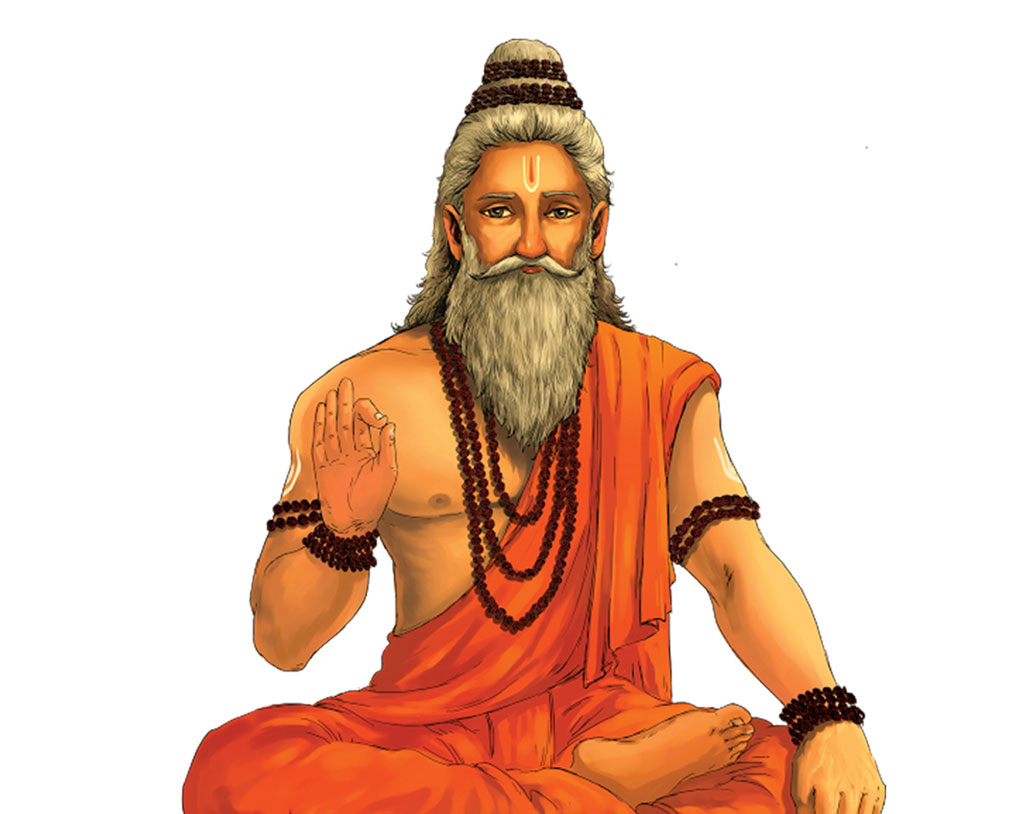
TAT3206 – This Course is the first of the two-part course sequence that introduces Nyaya Darshana of Gautama Rishi systematically ...
Read More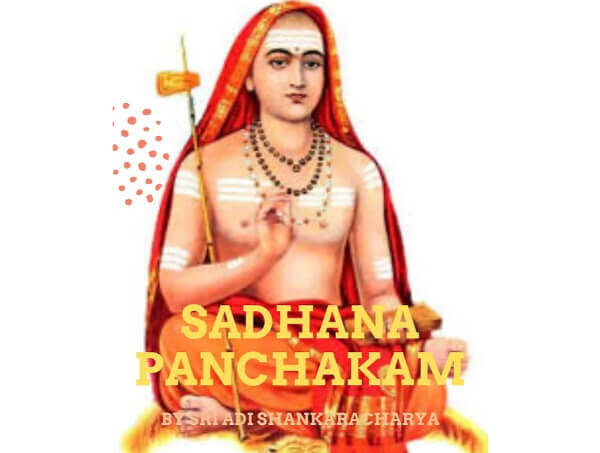
TAT1002 – Sādhana Pañcakam is a prakaraṇa text focusing on the means for liberation, mokṣa. It is attributed to Ādi ...
Read More
HSF2103 – Explore the essence of Bhakti beyond traditional practices like puja, chanting, and singing. This course addresses key spiritual ...
Read More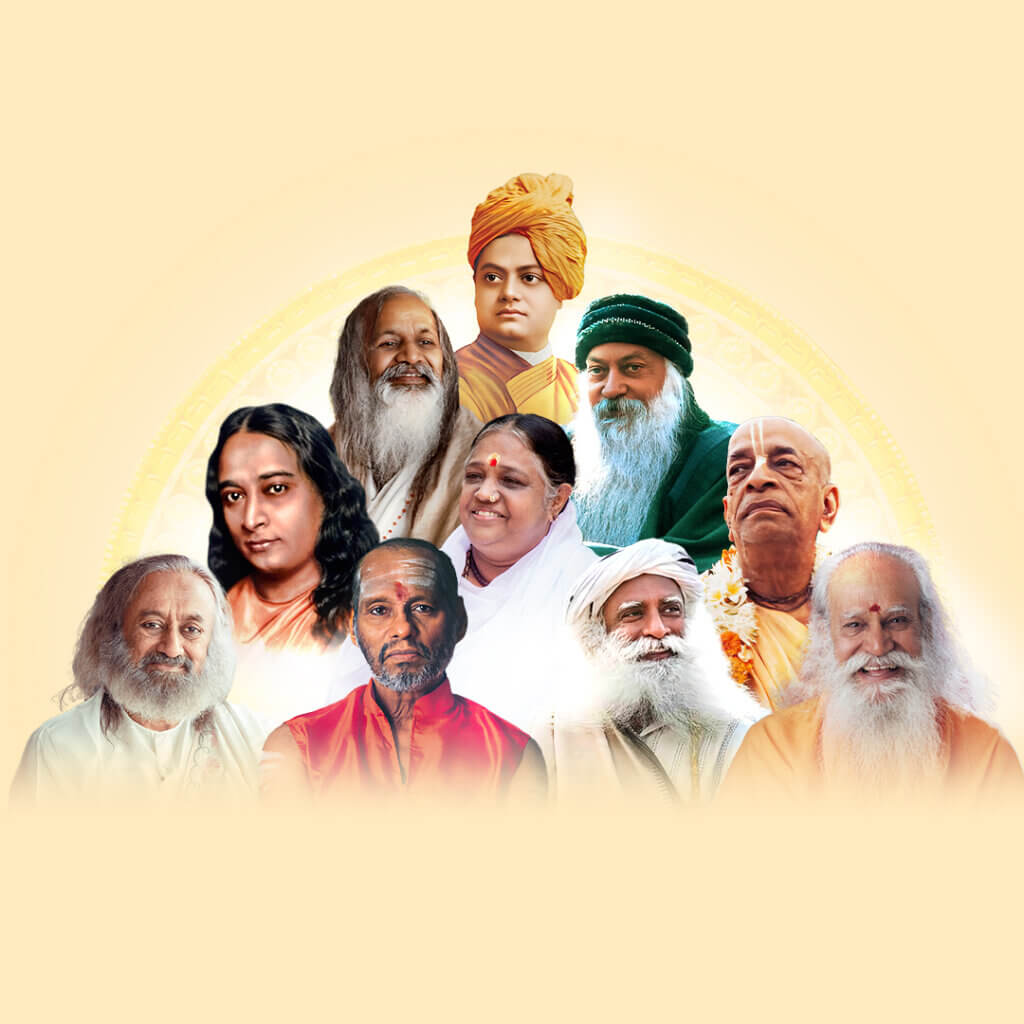
HAM2101 – This course explores the profound impact of Indian gurus, swamis, and yogacharyas on American spirituality, starting with Swami ...
Read More
HSF3000 – This course explores the art and science of parenting through the lens of ancient Hindu wisdom, drawing inspiration ...
Read More
HAM2200 – (CPHS - Elective Course) In this course, students will gain an insight into the learning traditions of ancient ...
Read More
HSF2104 – (CPHS – Elective Course) This is part 2 of a two-part course on discovering devotion to Bhagavan as ...
Read More
AIH1004 - In today's complex world, women often overlook their well-being while managing multiple roles and responsibilities. This course provides ...
Read More
HSF1404 – The practice of Sanātana Dharma encompasses two vital dimensions: Jñāna Kānḍa (knowledge) and Karma Kānḍa (application), with Vedamantra ...
Read More
AIH1101 – This course delves deeply into the Wisdom of Well-being as presented in Ayurveda, offering a comprehensive overview of ...
Read More
HAM4100 - The Course Rivers of Ṛgveda offers a journey into the Ṛgvedic period through geography maps, chronology charts and ...
Read More
AIH2002 – Ayurveda: Therapeutic Cooking for Healthy Living, is an interactive course that explores the science of cooking and its ...
Read More
AIH1005 - Swasthavritta – Ayurveda for Healthy Living is an 11-week beginner-friendly course that introduces the time-tested wisdom of Ayurveda ...
Read More
TAT3210 – Mimamsa Darshana Part 1 is an in-depth course, forming the first segment of a two-part series, delving into ...
Read More
AIH1006 - This course is a transformative journey into the ancient art of oil-based wellness. Designed for beginners, this course ...
Read More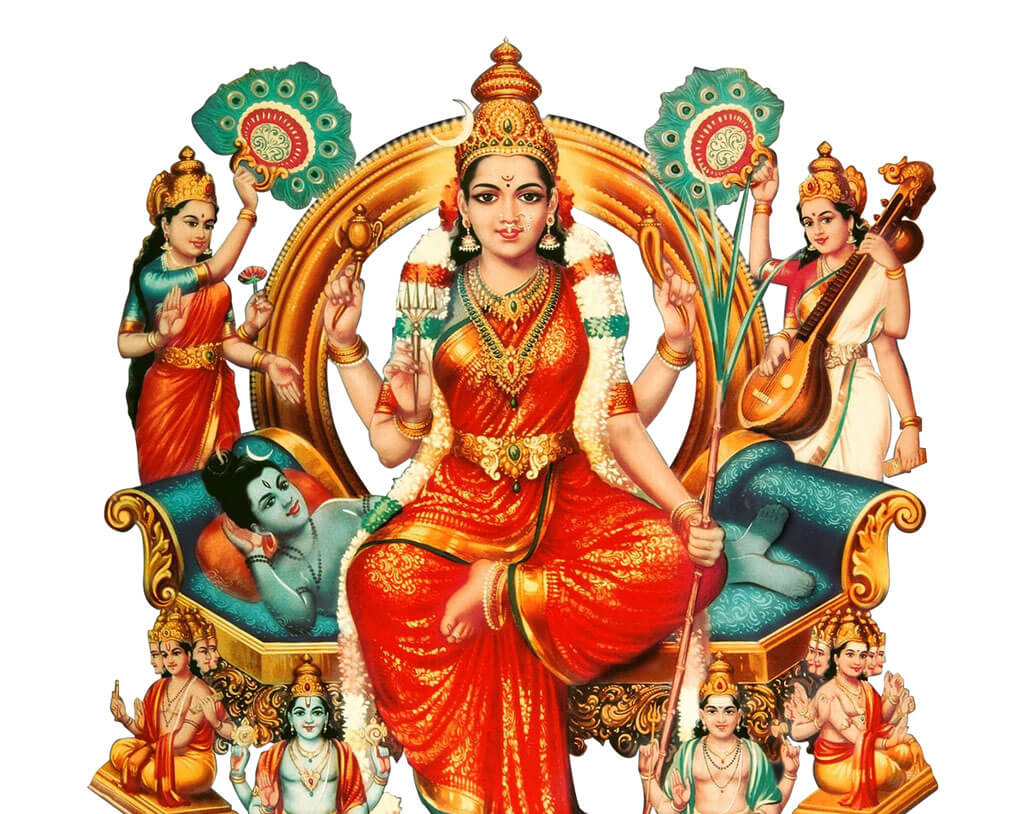
TAT1303 – Lalitha Sahasranamam is considered to be a sacred Hindu text from the Brahmanda Purana. This Stotra contains 1000 ...
Read More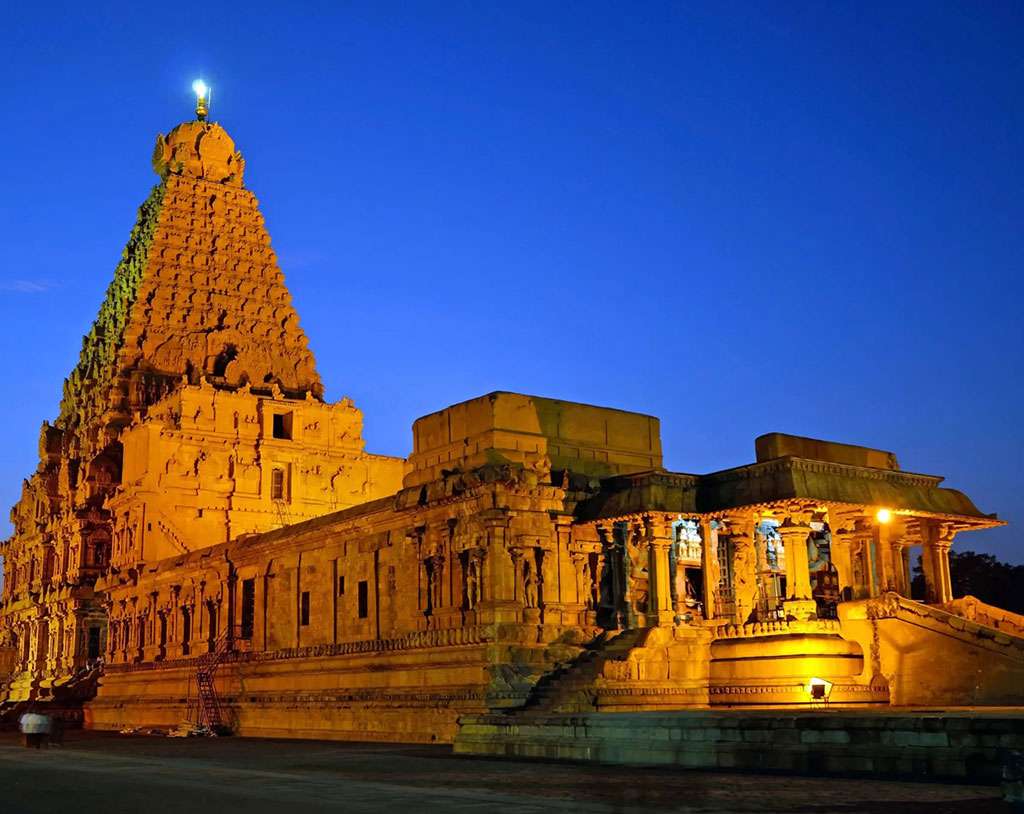
TAT3104 - Hindu temples and traditions occupy an important place in the Hindu mind, both in India and amongst the diaspora. The ...
Read More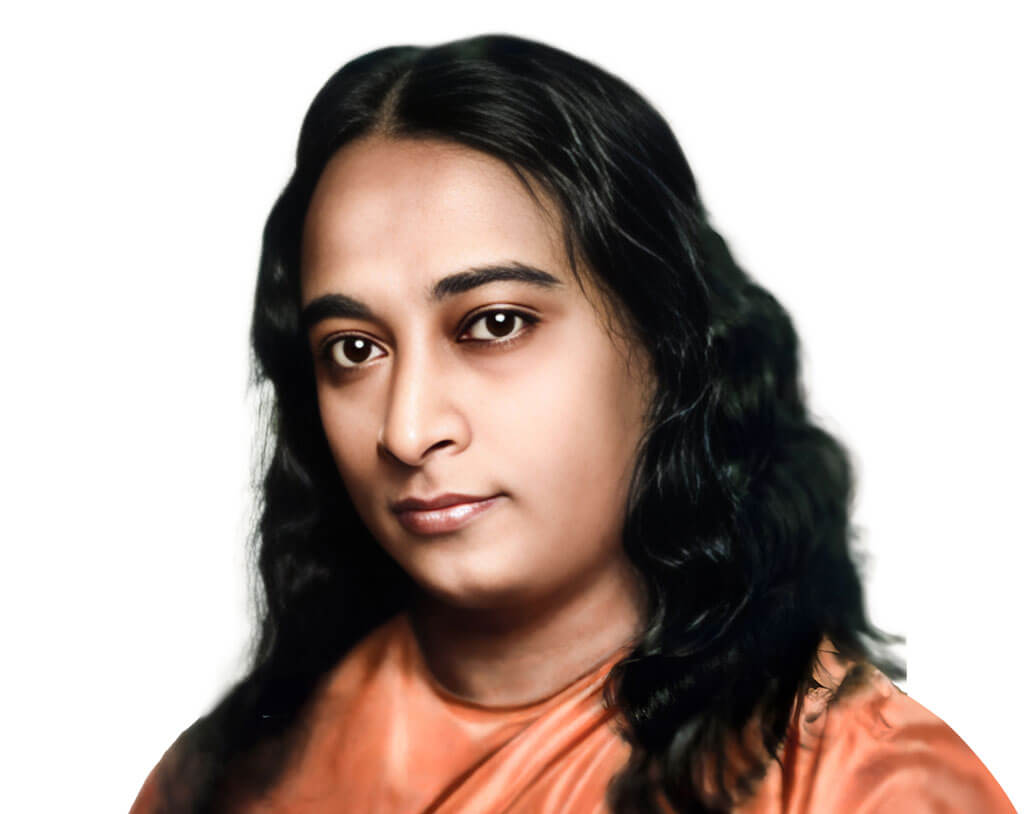
YOG2100 – Of all the books that spread Hindu dharma beyond India, none has had as much impact as Paramahansa Yogananda’s ...
Read More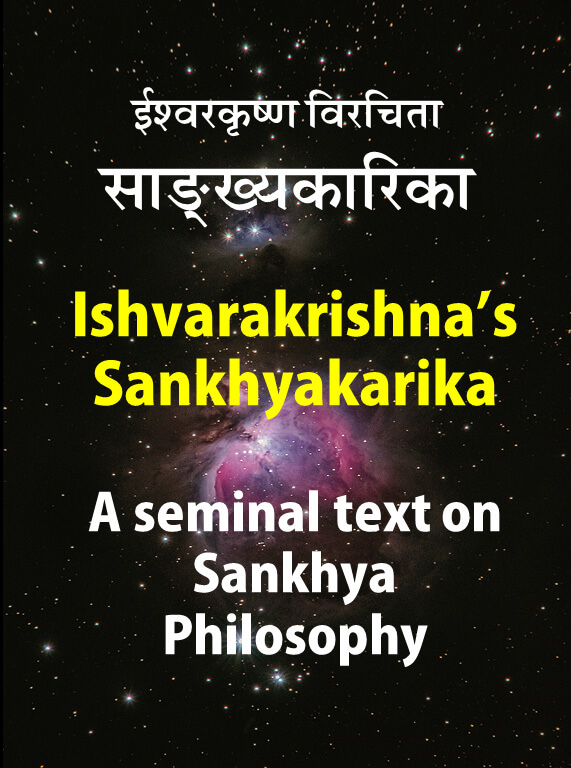
TAT3201 - This Course is the first of a two-part course series presenting an in-depth exploration of Sankhya Darshana (Philosophy) based ...
Read More
TAT3202 - This Course is the Second of a two-part course series presenting an in-depth exploration of Sankhya Darshana (Philosophy) ...
Read More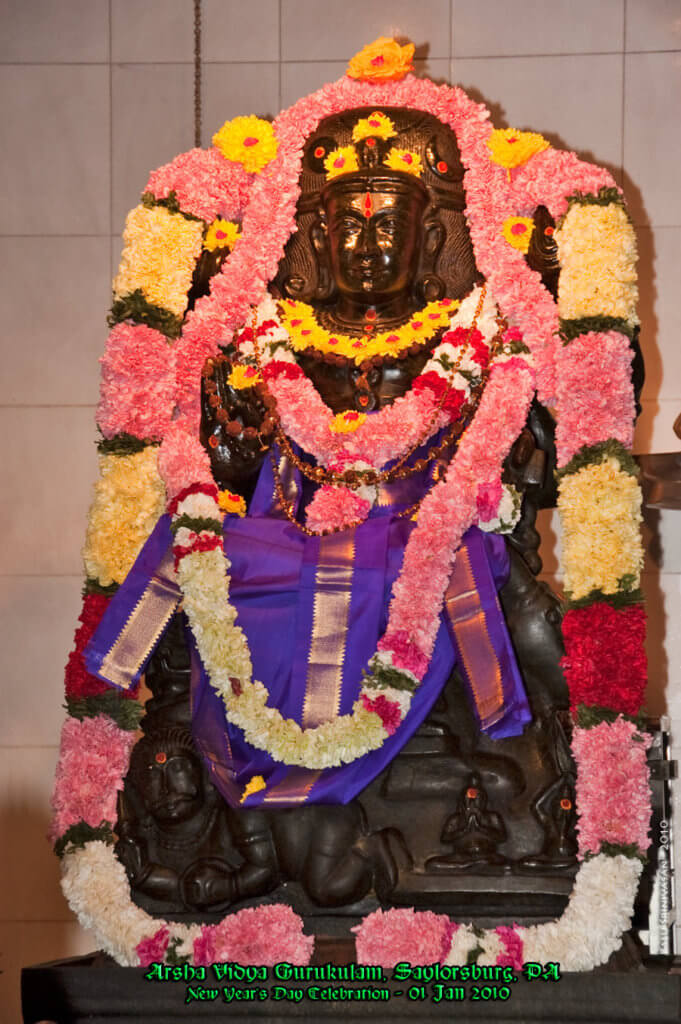
TAT3001 - This course will unfold the Dakṣiṇāmūrtistōtram systematically verse by verse, drawing upon where necessary from Mānasōllāsa and Tattvasudhā, ...
Read More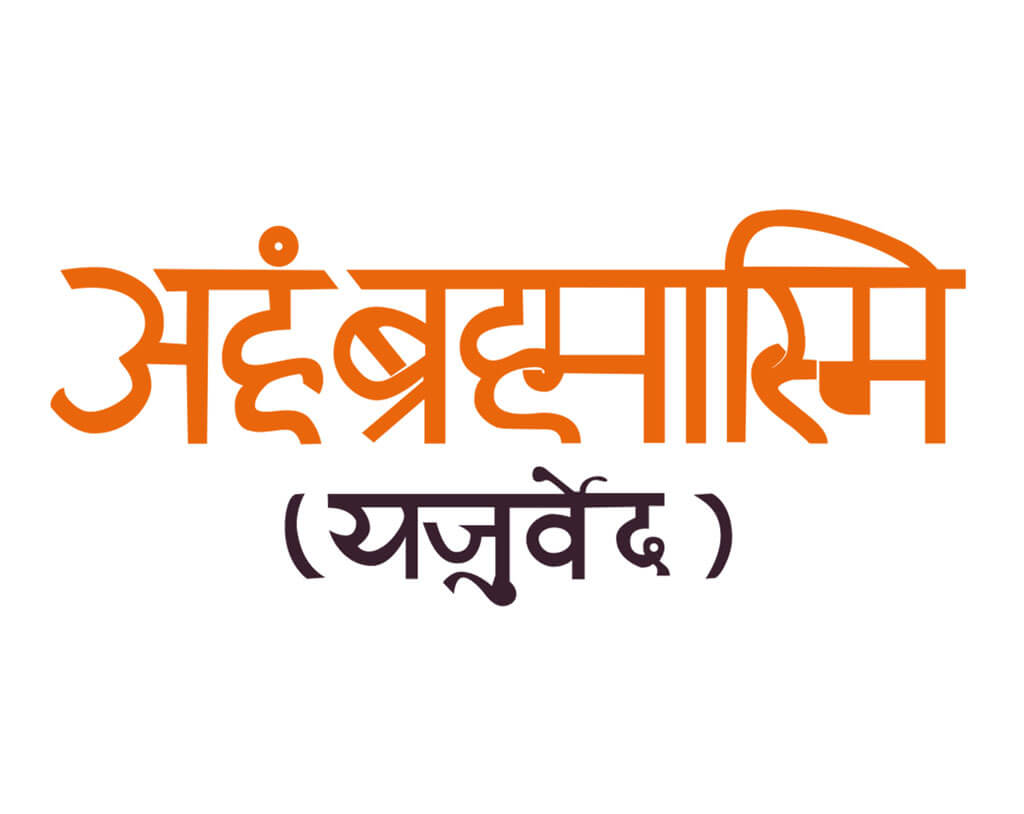
HSF2002 - Upanishads form a strong philosophical foundation in the development of Hindu philosophy and culture. Introduction to the Upanishads is ...
Read More
The Gita Vidya Teachers Training Certificate (GVTC) is a 4-quarter, 6 Credit-hour leisurely paced, exploration of the about 140 carefully ...
Read More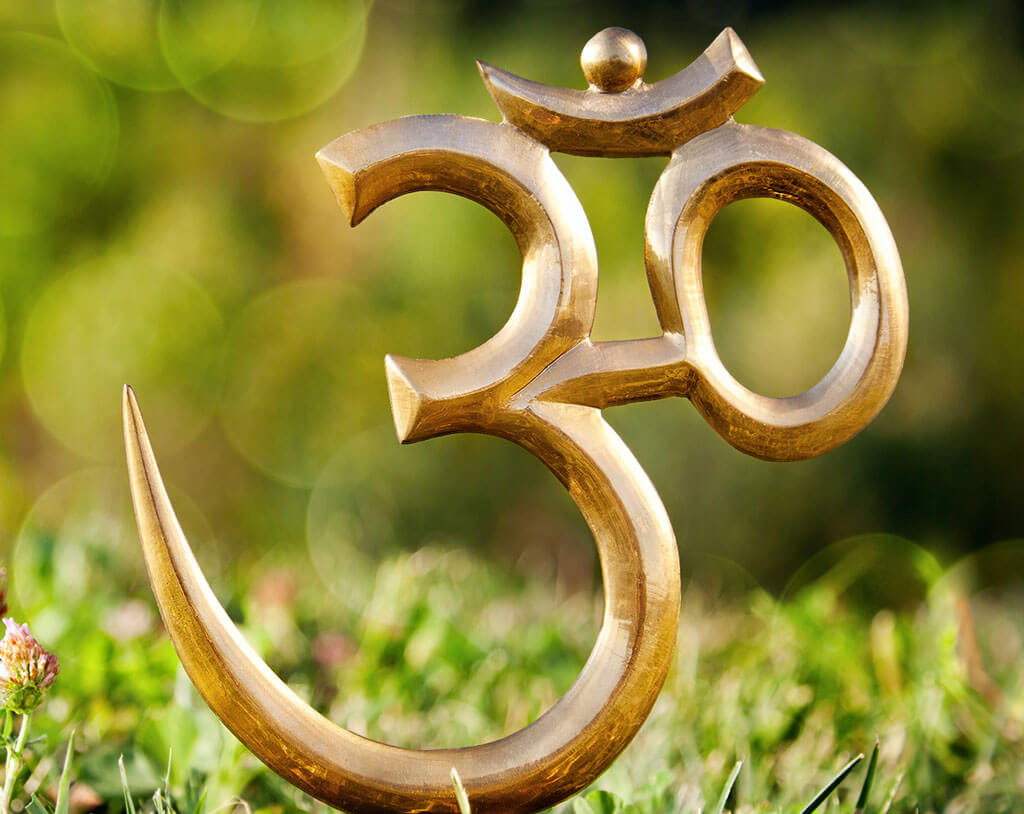
HSF5000 - (CPHS Required Course) This Course is an important point of entry into the entire curriculum offered by Hindu ...
Read More
HSF2102 - In this course, we will take an inward journey to discover that one was always Ananta, one who ...
Read More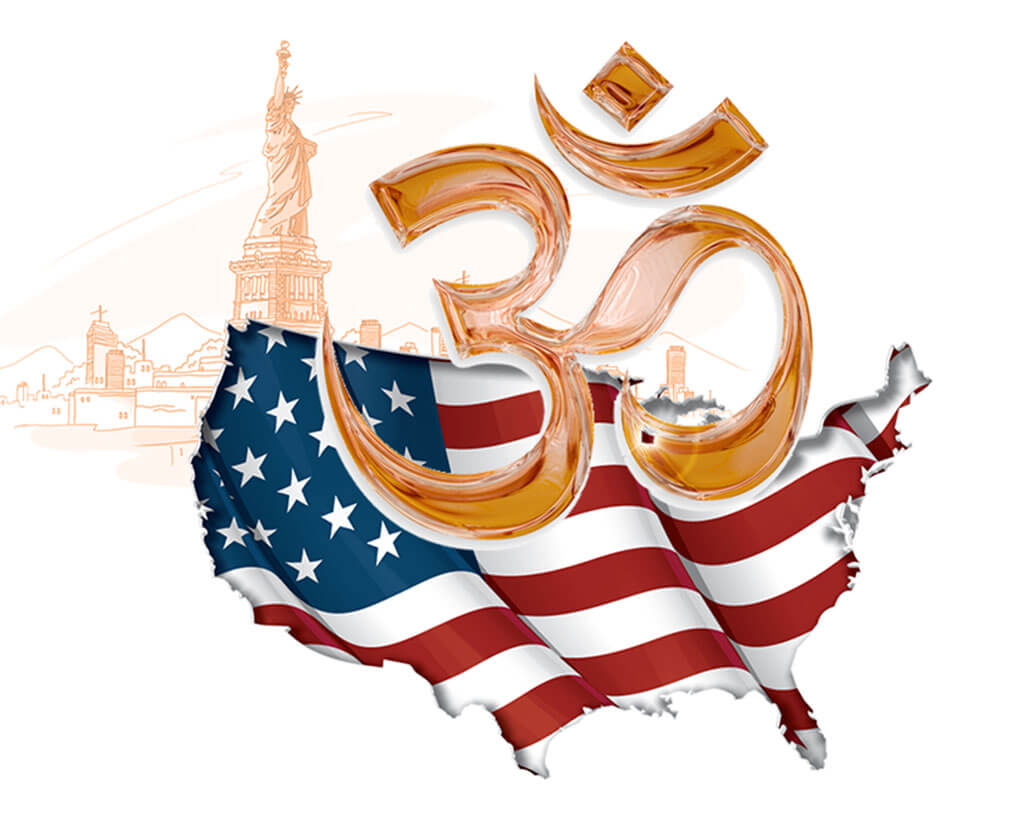
HAM2100 – How Hindu Dharma Transformed America - This course explores the history and impact of Vedic Wisdom on America’s ...
Read More
HAM4201 – This course is the first of a two-quarter course sequence that examines the scientific evidence emerging in contemporary ...
Read More
HAM4202 – Reconstructing Hindu History - The Omissions course is the second of a two-quarter course sequence that examines the ...
Read More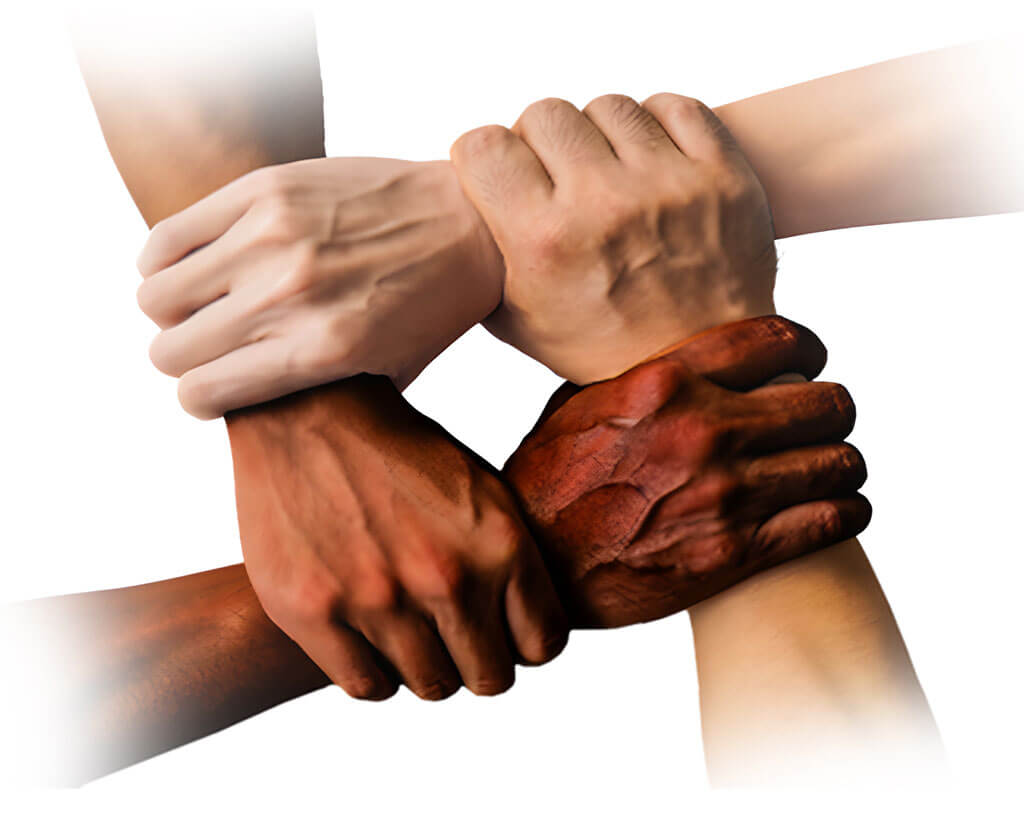
HSF4000 - The Caste System invites both persistent international discourse as well as relentless intervention. This discourse misinforms, embarrasses, and ...
Read More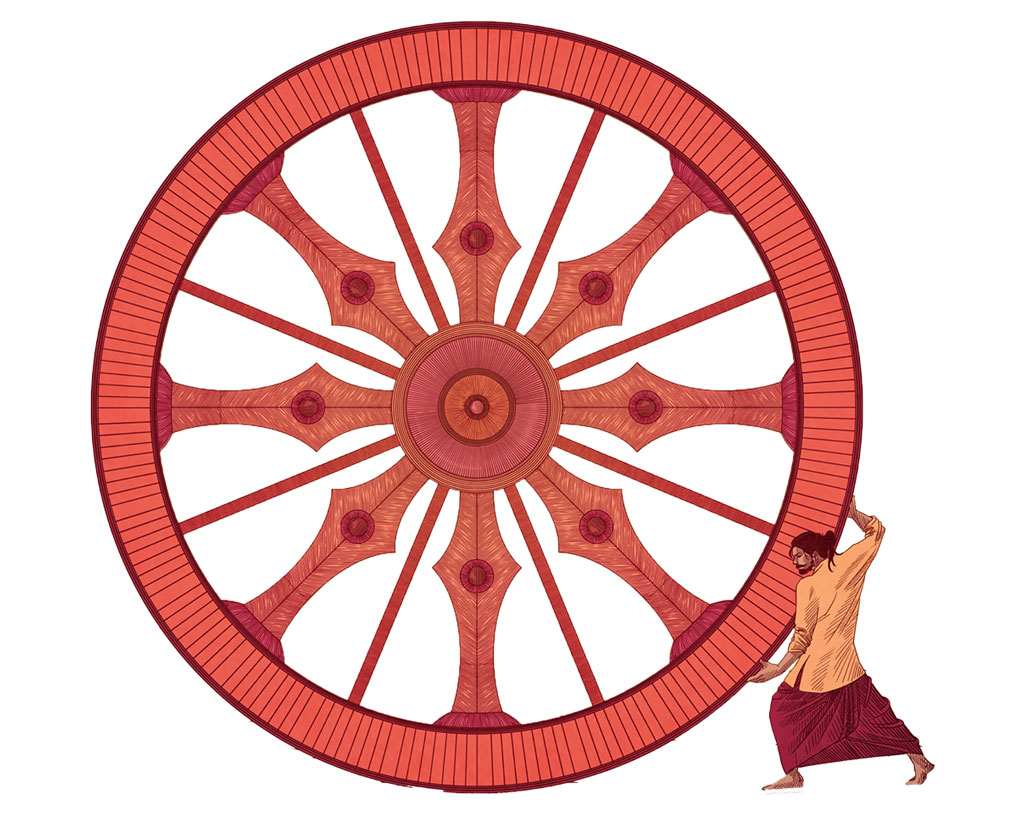
HSF1101 – A practical guide to – living our svadharma. Living in the contemporary world is fraught with conflicts in ...
Read More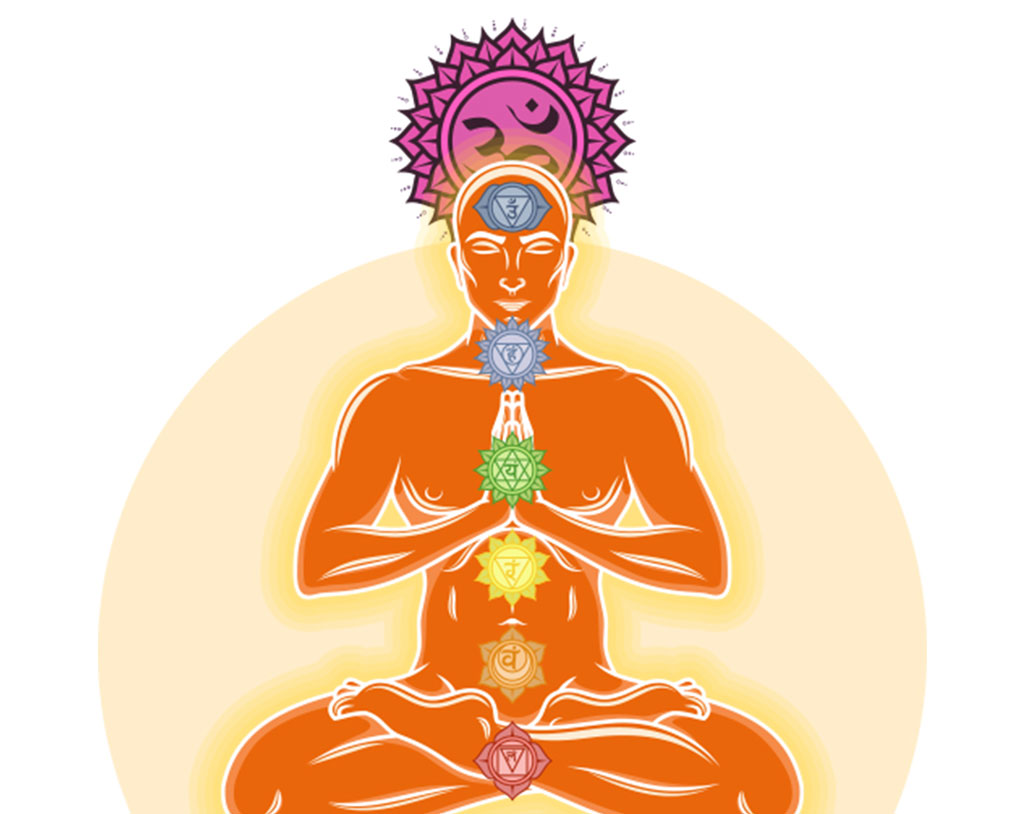
YOG2002 – The Yoga of the Yoga Sutras course takes the students into a journey of exploration of yoga as ...
Read More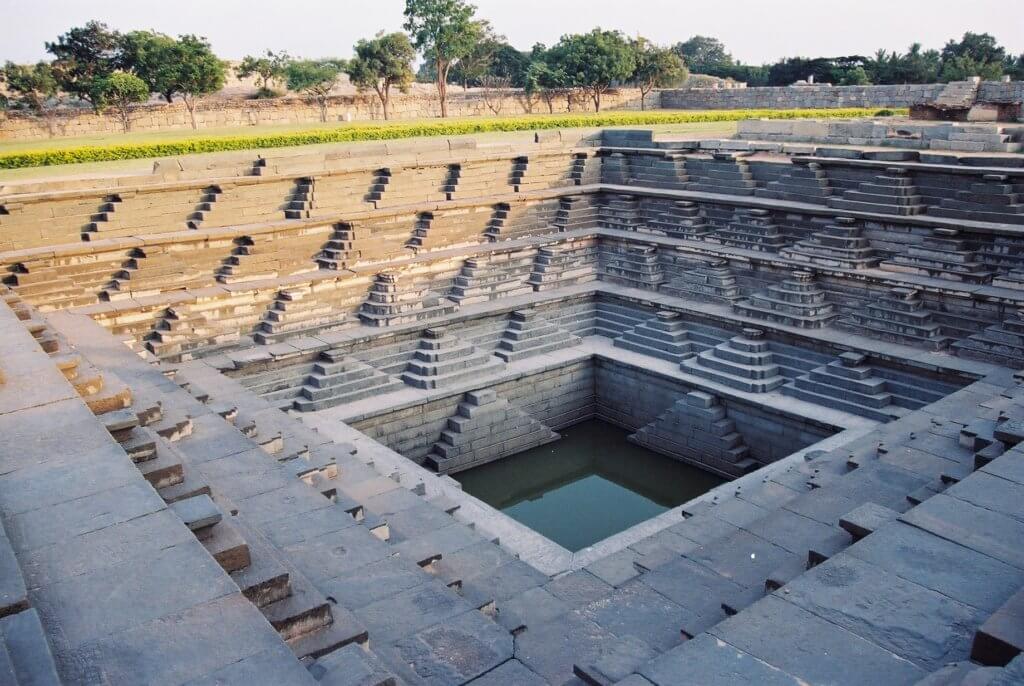
HSF1000 – This course brings to life the central ideas and concepts that constitute the building blocks of Sanatana Dharma ...
Read More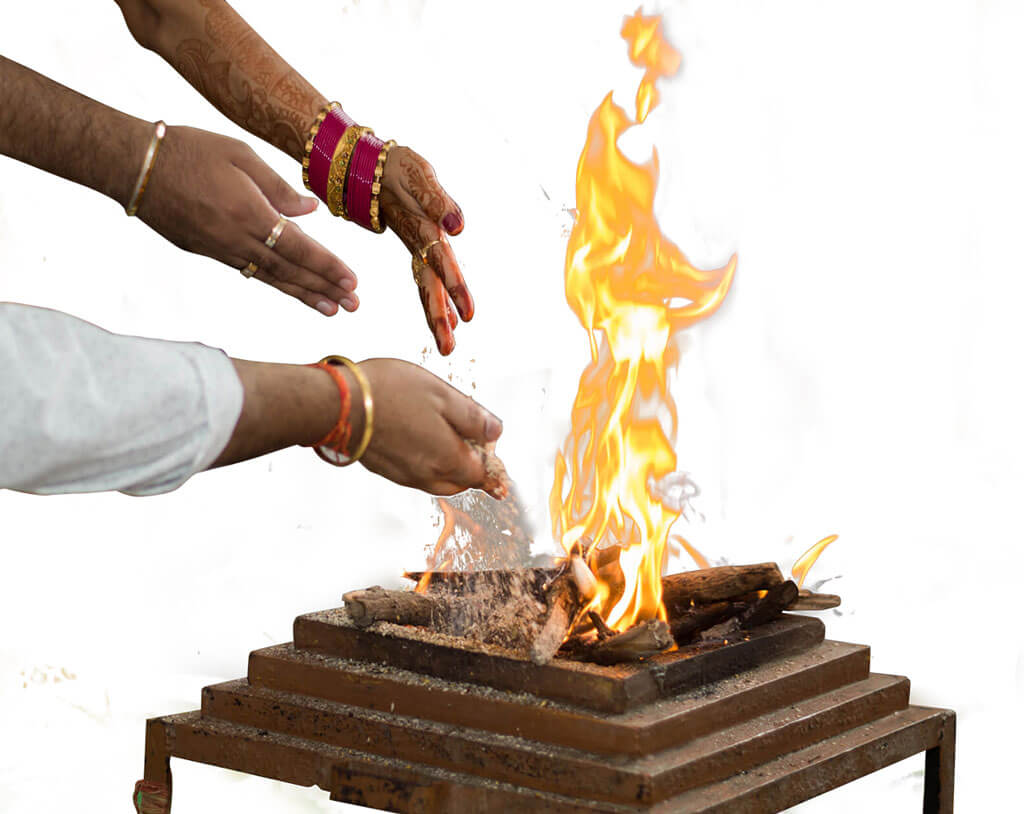
HSF1401 – Ritual is the laboratory where the mind is purified, settled, and prepared for higher knowledge i.e., Para Vidya ...
Read More
HSF2001 – This course will introduce the student to the six traditional perspectives of Hindu Philosophy, i.e., the orthodox (Aastika ...
Read More







